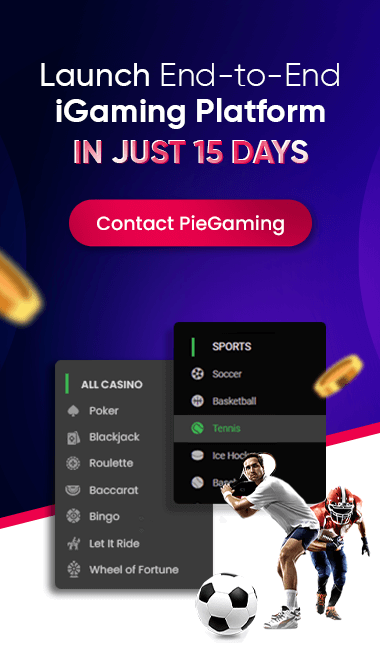How to Get a Malta iGaming License?
- Author:Monika Gola
- Read Time:8 min
- Published:
- Last Update:
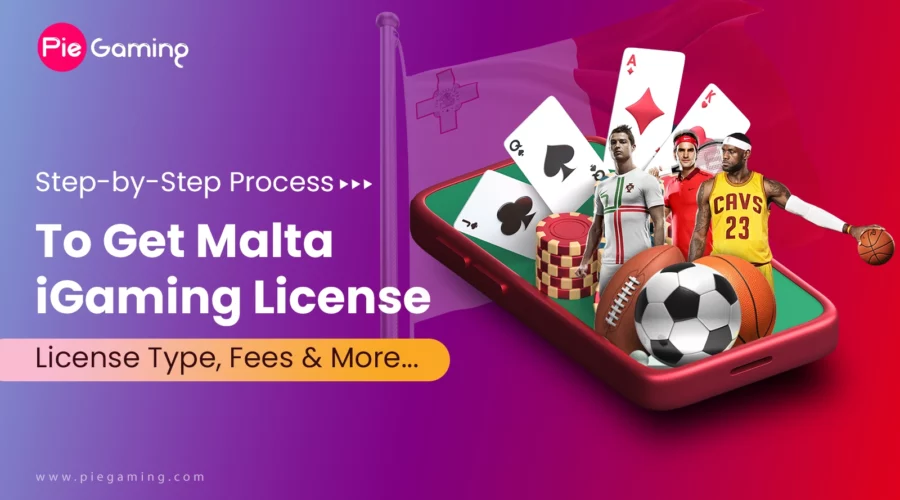
Malta iGaming License is one of the most popular licenses among operators. But, obtaining it can be a challenge. This guide walks you through the process of getting a Malta gaming license and more. Stay tuned!
Malta is one of the biggest iGaming-friendly jurisdictions in the world.
This makes it a popular choice among operators to start the iGaming platform.
However, nothing can be done without obtaining a Malta gaming license. This is where operators face a ‘real struggle.’
It’s true.
But nothing to worry about.
Whether you’re a startup or planning to venture into the iGaming industry, in this guide, we will walk you through the complete process of obtaining Malta online gaming license, its benefits, and more.
Malta Gambling Industry: The Gold Standard In iGaming
Malta is a small island in the middle of the Mediterranean Sea. Nobody ever wondered that one day this small sea could become a mecca for iGaming businesses.
Since the 2000s, the iGaming industry in Malta has witnessed exceptional growth in terms of revenue.
The Malta Gaming Authority (MGA) was established in 2001, was the first EU regulator to offer licenses to online gambling. This move positioned Malta as a pioneer in the iGaming landscape.
Then, in 2004, Malta became a fully-fledged member of the EU, allowing operators to serve the EU markets as well.
According to the Malta Gaming Authority, in 2024, there were around 300 active MGA-licensed gaming companies, including B2B and B2C operators.
With this reputation, online casino and sports betting regulations in Malta continued to attract top-tier casino and sportsbook operators due to its streamlined tax, and strong compliance reputation.
Why Getting a Malta iGaming License Is Important?
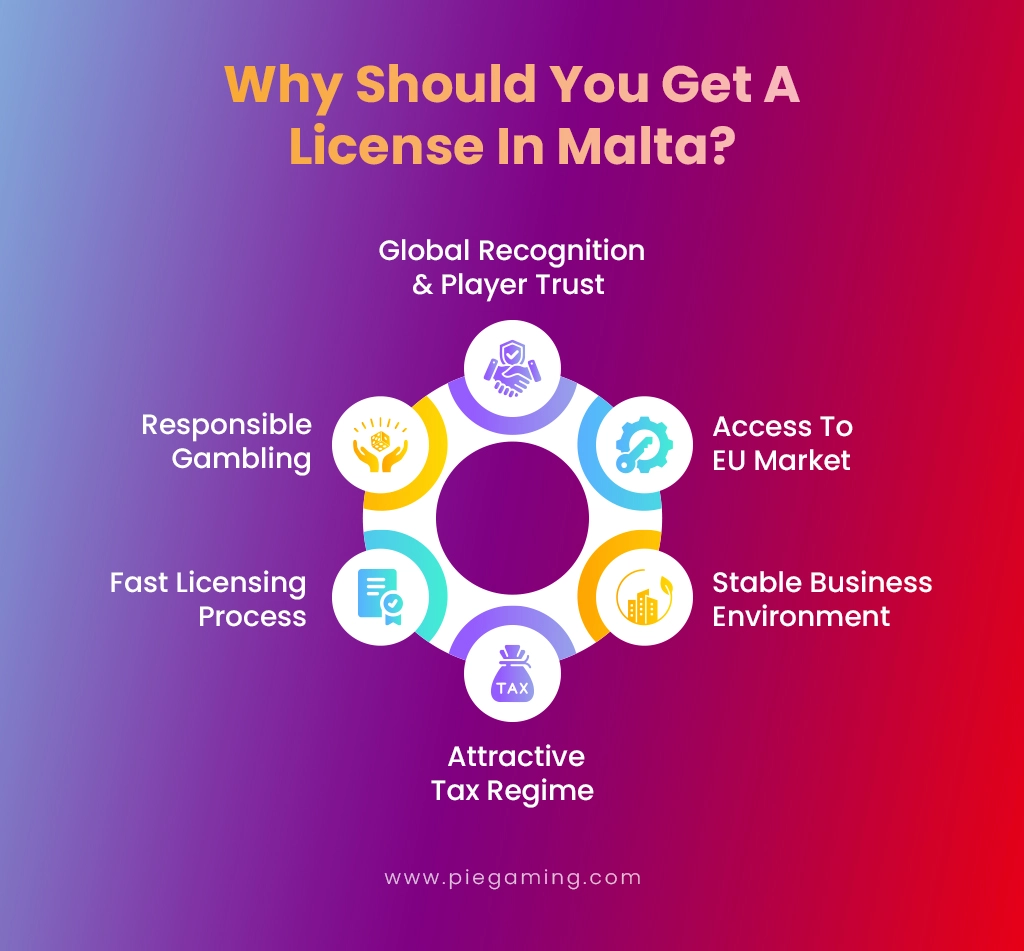
Benefits of getting a Malta gambling license
When it comes to the iGaming industry, Malta is known to be the most respected jurisdiction for operators of all types.
Thanks to its robust regulatory framework, EU membership, and global recognition.
The Malta Gaming Authority (MGA) offers a transparent and structured licensing process that ensures trust among players, partners, payment providers and game providers.
With a stable political environment, favorable tax rates, and access to the entire EU
market, operators licensed in Malta can scale their businesses with confidence.
Additionally, the MGA’s international reputation is so widespread that it has gilded its name in the United Kingdom Gambling Commission’s ‘Whitelist,’ enabling operators to target the UK audience as well.
Apart from this, the country also gives full support for compliance, responsible gaming, and innovation. This is an ideal choice for startups and established operators alike.
Types Of Malta Gaming Licenses
The Malta Gaming Authority offers two primary types of licenses. This includes:
- B2B (Business to Business)
- B2C (Business to Consumer)
Let’s discuss each of these licenses in detail below:
Business To Business (B2B): Gaming Supplier License
The B2B license is for businesses, specifically designed for game and software creators.
This license is important for entities supplying gaming products and services to other licensed operators.
To obtain this license, the gaming creators will have to pay:
- An annual licensing fee of €10,000
- The license fee varies depending on annual income, such as:
- Up to €5,000,000 – €25,000
- Up to €5,000,000 but less than €10,000,000 – €30,000
- More than €10,000,000 – €35,000
Software developers will pay:
- An annual licensing fee of €10,000
- Based on annual income:
- Up to €1,000,000 – €3,000
- More than €1,000,000 – €5,000
Business To Consumer (B2C): Gaming Service License
If you want to start an online casino and offer iGaming services directly to players, the B2C license is for you.
Whether you operate an online casino, poker or sportsbook platform, a B2C license is what you will need.
Under B2C, there are different types of licenses offered based on the games operators want to offer. The types of licenses include:
Type 1: License For RNG Games
This license covers RNG-based games, which include Casinos, Lotteries, Slot Machines, blackjack, and virtual sports games.
Type 2: License For Games with Events (Sportsbook)
This license covers sports betting and other events where outcomes are determined externally. For instance, horse racing, eSports betting, etc.
Type 3: Peer-to-Peer (P2P) Games
As the name suggests, this license is for games where players compete against each other, like poker, bingo, lotteries, and betting exchanges.
Type 4: Controlled Skill Games
If you want to offer a controlled skill where results are determined by the collection of statistics. For instance, fantasy sports.
Read Also – How to start an online casino in Europe?
Step-By-Step Application Process
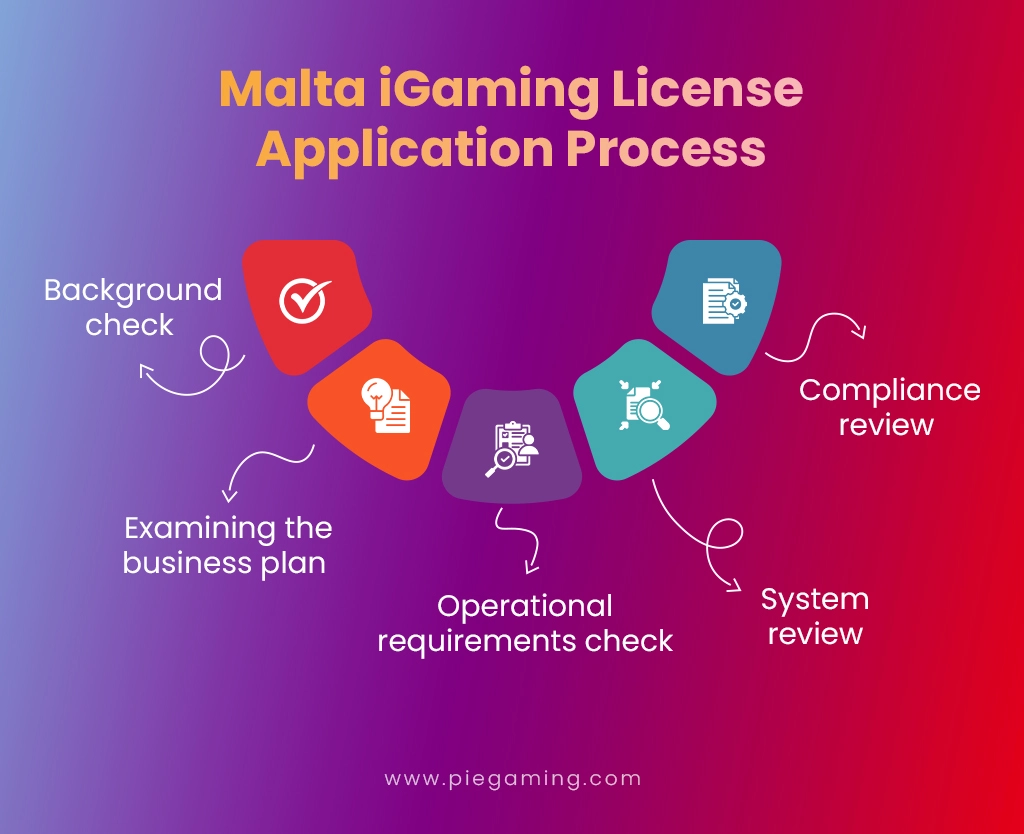
Get a license the right way with MGA
MGA’s licensing process is a thorough multi-step process that requires operators to meet the criteria. The process is broken down into multiple steps as below:
1. Fit and Proper Check
In the initial stage, the MGA conducts a thorough background check regarding the finances and management of the applicant’s business.
The investigation is conducted via international regulatory bodies and law enforcement agencies.
2. Examine The Business Plan
After that, MGA verifies the applicant’s business plan, the game offered, technical setup, and the rules and terms of service.
This is done to ensure transparency, fairness, and adherence to MGA regulations.
3. Operational Requirements Check
Once the business plan of an applicant is checked, the MGA goes on to examine important documents, terms and conditions, policies, procedures, etc.
Further, the regulatory body checks the applicant’s financial stability.
4. System Review
Now, the, MGA will audit the live environment of the applicant. The gaming and control systems are checked, which include player registration, game logs, account control, and payment integration.
In this step, the applicant is granted a 10-year license.
5. Compliance Review
Once the license is issued and 90 days after going live, the casino operator should have a compliance auditor to ensure everything is compliant with MGA regulations.
Malta Gaming License Fees & Taxes
Whether an applicant is applying for a new license or renewing it, they have to pay associated administrative fees.
The license fee is charged on an annual basis and changes over time.
Refer to the table below to check the license fees.
| License Type | Game Type | Minimal Share Capital | Annual License Fee | Application Fee (One Time) |
|---|---|---|---|---|
| Type 1 | RNG Games | €100,000 | €25,000 | €5,000 |
| Type 2 | Fixed Odds Betting | €100,000 | €25,000 | €5,000 |
| Type 3 | P2P Games | €40,000 | €25,000 | €5,000 |
| Type 4 | Controlled Skill Games | €40,000 | €10,000 | €5,000 |
Gaming Taxes
Apart from application and annual fees, operators are required to pay gaming taxes based on their license type.
Check out the table below.
| License Type | Compliance Contribution For Financial Year | Rate |
|---|---|---|
| Casino / RNG-Based Gaming Services | For every euro of the first €3,000,000 | 1.25% |
| For every euro of the next €4,500,000 | 1.00% | |
| For every euro of the next €5,000,000 | 0.85% | |
| For every euro of the next €7,500,000 | 0.70% | |
| For every euro of the next €10,000,000 | 0.55% | |
| For every euro of the remainder | 0.40% |
| License Type | Compliance Contribution For Financial Year | Rate |
|---|---|---|
| Events Betting Gaming Services | For every euro of the first €3,000,000 | 4.00% |
| For every euro of the next €4,500,000 | 3.00% | |
| For every euro of the next €5,000,000 | 2.00% | |
| For every euro of the next €7,500,000 | 1.00% | |
| For every euro of the next €10,000,000 | 0.60% | |
| For every euro of the remainder | 0.40% |
| License Type | Compliance Contribution For Financial Year | Rate |
|---|---|---|
| P2P Based Gaming Services | For every euro of the first €2,000,000 | 4.00% |
| For every euro of the next €3,000,000 | 3.00% | |
| For every euro of the next €5,000,000 | 2.00% | |
| For every euro of the next €5,000,000 | 1.00% | |
| For every euro of the next €5,000,000 | 0.80% | |
| For every euro of the next €10,000,000 | 0.60% | |
| For every euro of the remainder | 0.40% |
| License Type | Compliance Contribution For Financial Year | Rate |
|---|---|---|
| Controlled Skill Games Gaming Services | For every euro of the next €2,000,000 | 0.50% |
| For every euro of the next €3,000,000 | 0.75% | |
| For every euro of the next €5,000,000 | 1.00% | |
| For every euro of the next €5,000,000 | 1.25% | |
| For every euro of the next €5,000,000 | 1.50% | |
| For every euro of the next €10,000,000 | 1.75% | |
| For every euro of the remainder | 2.00% |
Compared to other regions, Malta’s gaming taxes stand out to be competitive. This attracts both startups and established iGaming operators.
Additionally, Malta Gaming Authority also charges 5% gaming tax. This tax is applied to gaming revenue generated from players based in Malta.
| Note To Remember
Operators are suggested to check other tax implications also when operating under a Malta iGaming License. It might be possible that an additional tax requirement may also apply to certain EU countries. |
Choosing the Right License for Your iGaming Business
The iGaming industry is vast, and so are the types of businesses involved in it.
As an operator, deciding which license to choose to run a business depends on the iGaming activities.
It is clear to you that a B2B license is for those offering gaming products and services to other licensed operators.
While a B2C license suits those who directly offer gaming services to end-to-end players.
But companies involved in both activities may require both licenses.
Read Also – How to Secure a Gaming License?
Final Thoughts
In the final note, we can say that getting a Malta gaming license is a matter of prestige. Since the license can be used in any country where online casinos are legal.
Having a Malta gambling license opens doors of opportunities to expand into other EU markets. Operators can enjoy tax benefits, build more partnerships, and benefit from better advertising possibilities.
All in all, Malta iGaming license is your GREEN card, giving an edge to access international markets and the EU markets.
So, apply for it today!
FAQs
-
How much is a Malta Gaming Authority license?
The cost varies depending on the license type but generally includes a €5,000 application fee. The annual licensing fee starts at €25,000, and compliance contributions are based on personal revenue.
-
In which countries can a Malta gaming license be used?
The Malta gaming license is widely recognized and a universal license. It is accepted across many EU and international markets, making it easier to operate legally in multiple regulated jurisdictions.
-
How much does Malta jurisdiction charge as tax from operators?
Operators must pay a gaming tax of 5% based on the revenue generated from players located in Malta.
-
Can the Malta Gaming Authority suspend or withdraw a license?
Yes, MGA has the power and legal rights to suspend or cancel a license if the operator fails to comply with legal obligations or law of Malta.
-
How long does it take to get a license?
Since it is a legal process, it might take around 12-16 weeks to procure Malta gambling license. However, it also depends upon the completeness of your application and the speed of regulatory reviews.

Monika Gola is a seasoned writer at PieGaming specializing in the iGaming industry. With years of experience, she delivers insightful content on trends, innovations, and strategies in the online casino domain. Monika's work is known for her clarity and depth, making complex topics accessible and easy to understand to a wide audience. Explore the world of iGaming through her engaging and informative content.
-
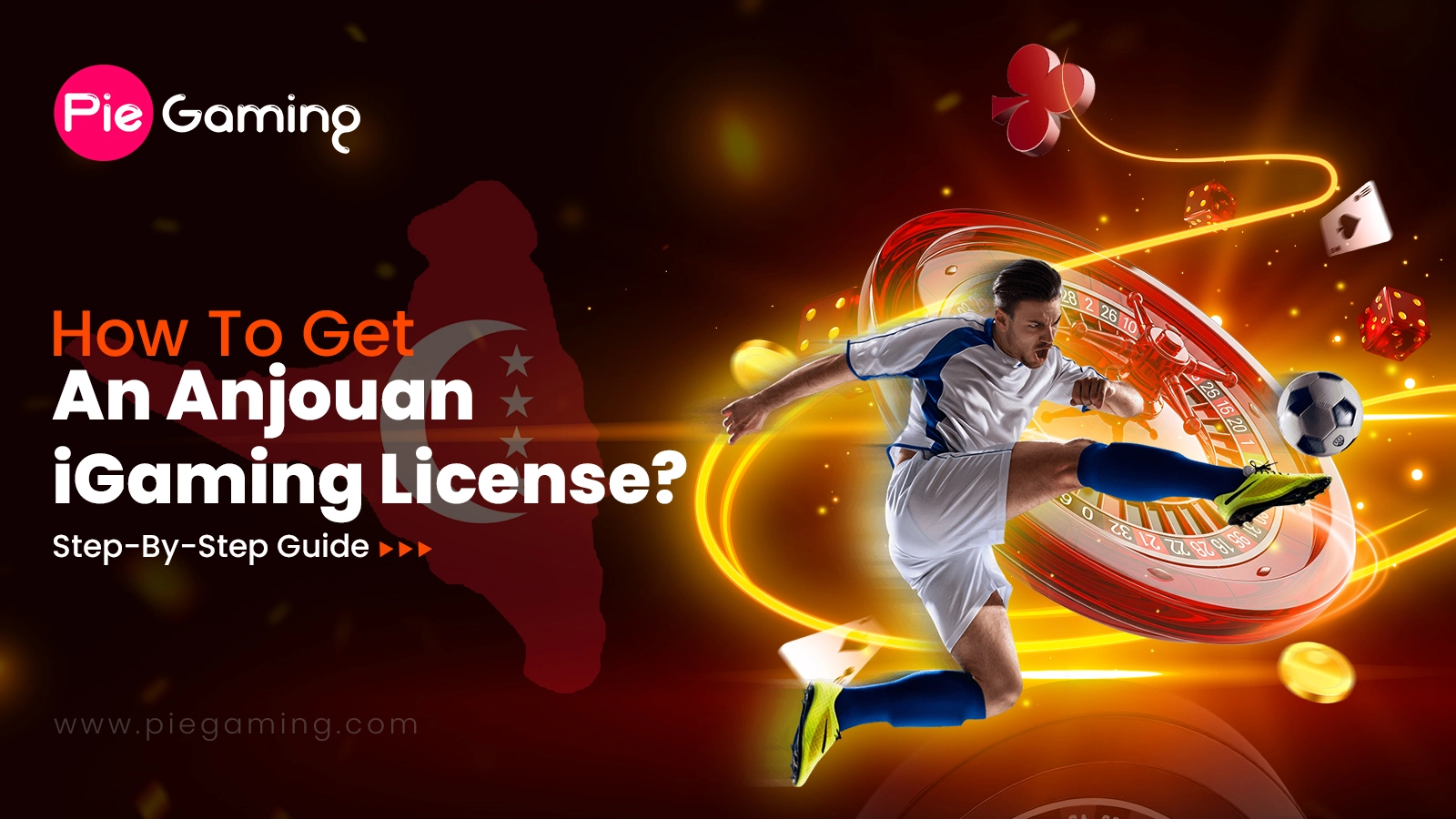 Monika Gola November 17, 2025
Monika Gola November 17, 2025To obtain the Anjouan Gaming License, applicants must collect and submit all the important documents. Learn the process of obtaining Anjouan iGaming license.
-
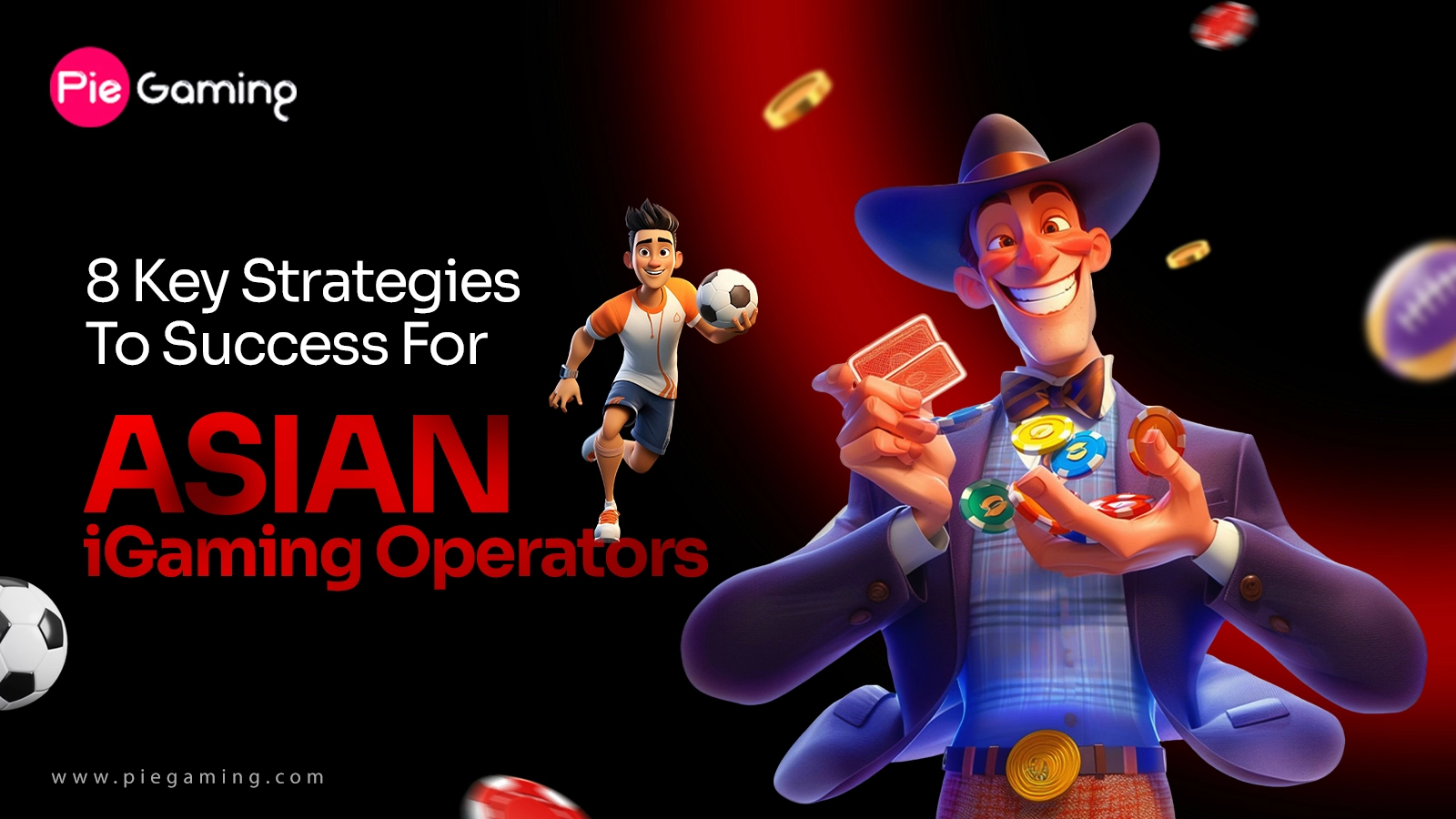 Monika Gola September 23, 2025
Monika Gola September 23, 2025This blog covers everything from success keys to case studies of successful Asian iGaming operators to help start your dream business. Whether…
-
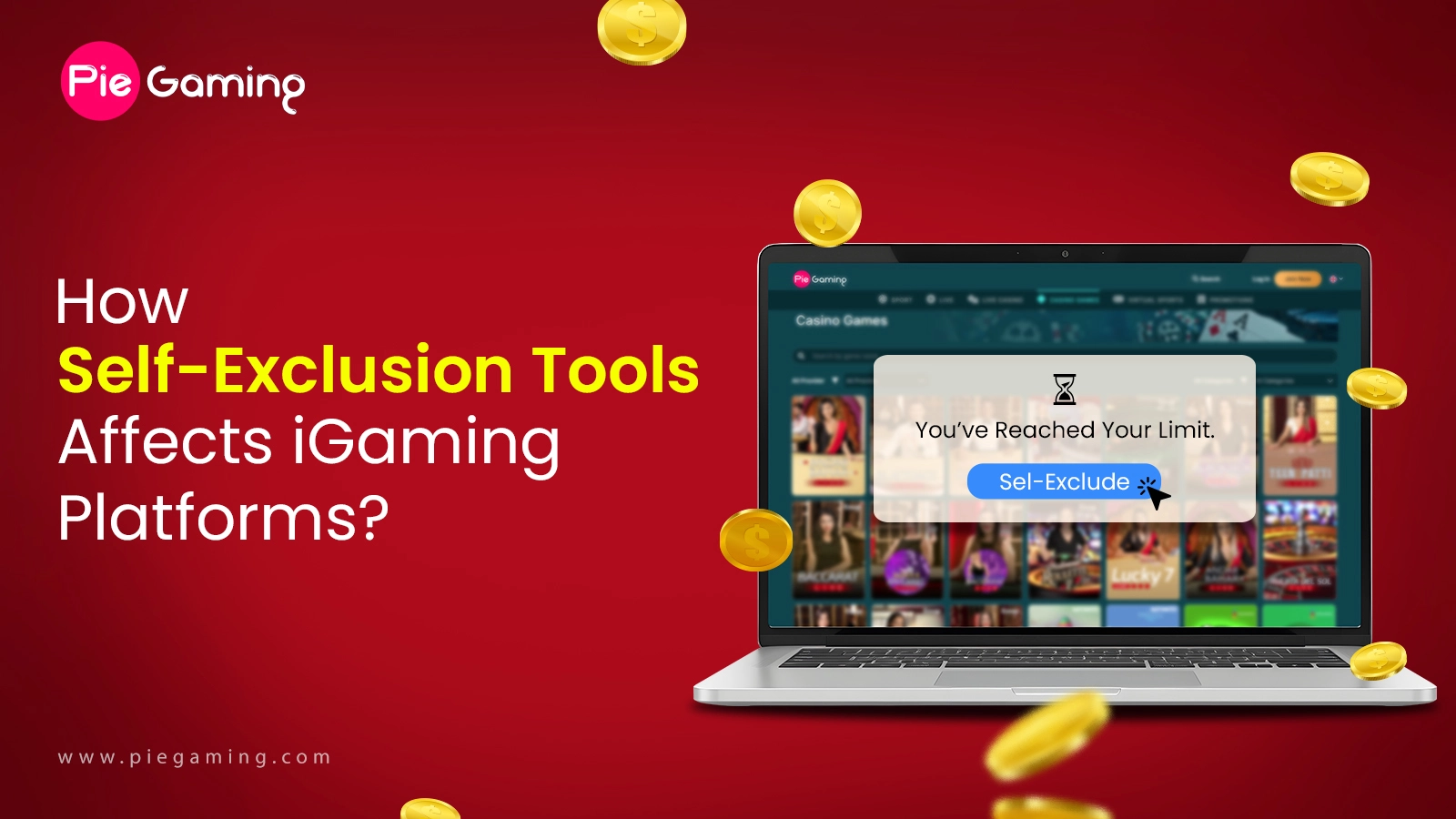 Palak Madan September 11, 2025
Palak Madan September 11, 2025Self-exclusion tools are changing how online casinos work. They help players control their gambling while protecting casino operators from legal problems, bad publicity,…
-
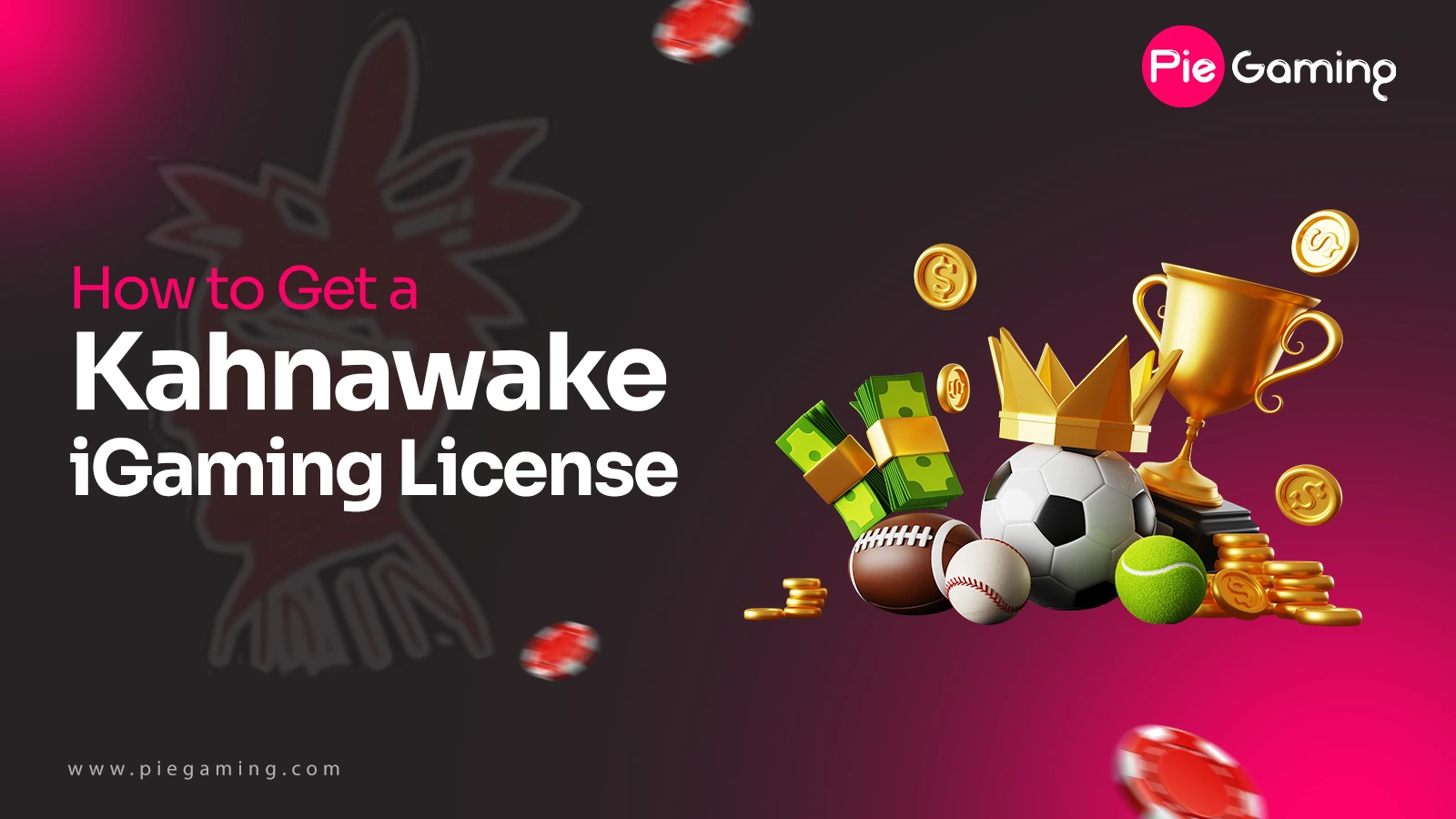 Palak Madan August 28, 2025
Palak Madan August 28, 2025Learn how to get a Kahnawake iGaming license in 2026 with this step-by-step guide covering eligibility, application requirements, costs, and compliance for online…
-
 Monika Gola August 28, 2025
Monika Gola August 28, 2025Compare Malta vs Curacao iGaming license. Explore cost, application process, taxation, compliance to choose the right license for your business.
-
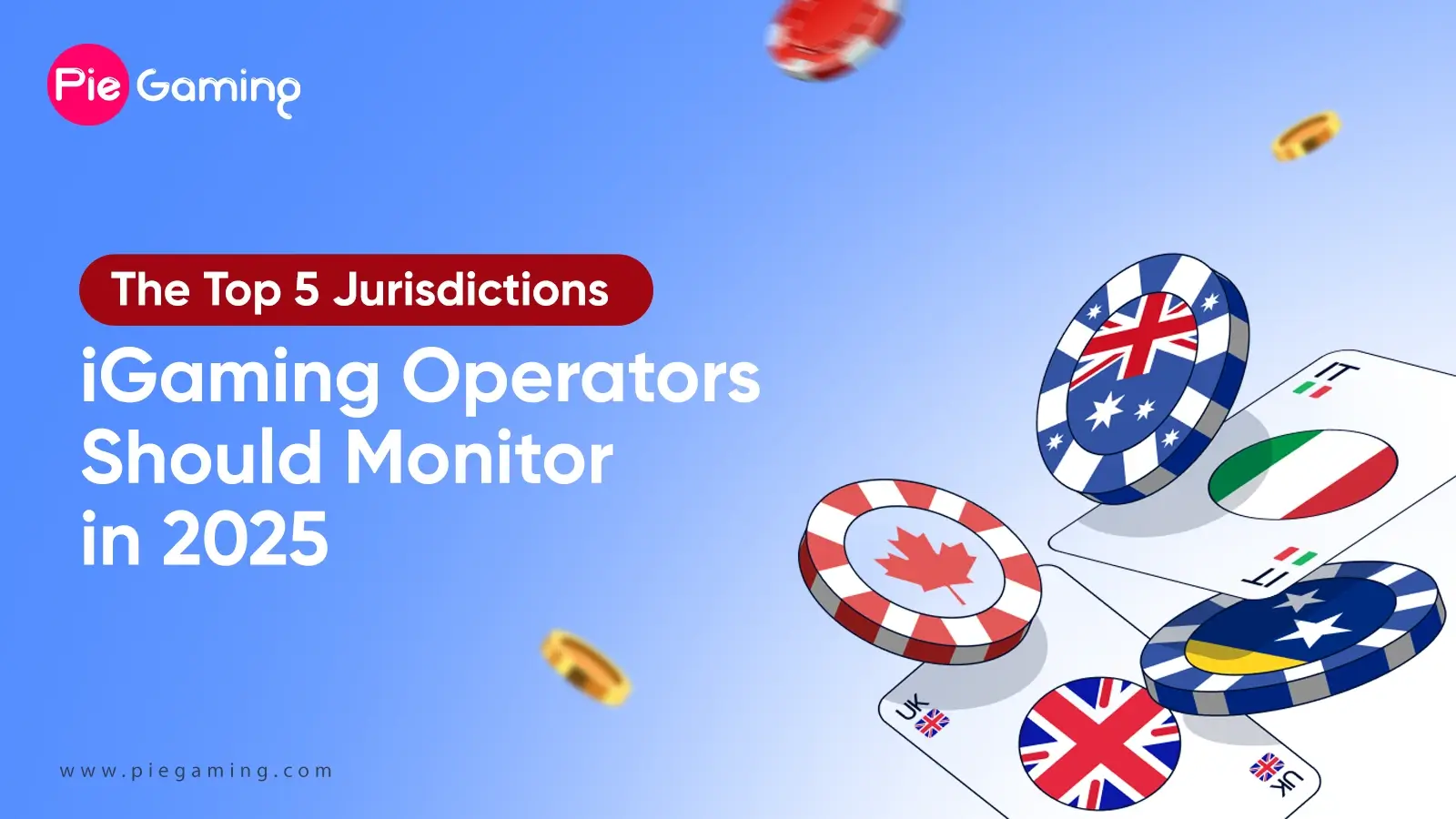 Palak Madan August 21, 2025
Palak Madan August 21, 2025Discover the top 5 iGaming markets to watch in 2026. Learn about their rules, growth potential, and why they matter for operators planning…
-
 Monika Gola August 20, 2025
Monika Gola August 20, 2025This blog explores ways and platforms to find and partner with top sports betting affiliates to grow the iGaming business. When Nicole launched…
-
 Palak Madan August 13, 2025
Palak Madan August 13, 2025Learn how iGaming affiliate marketing software helps operators boost revenue with real-time data, automation, fraud control, and flexible payouts.
-
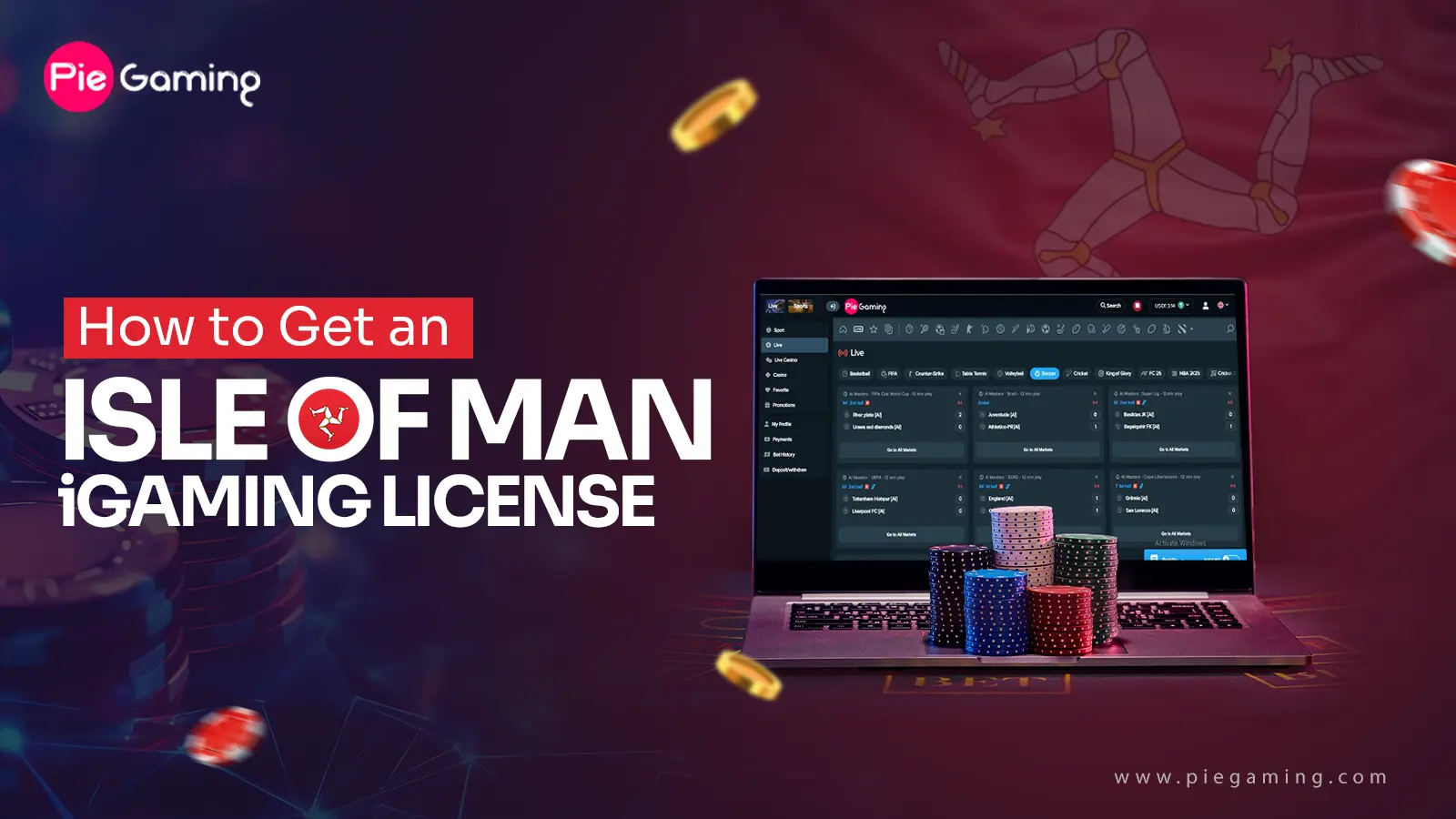 Palak Madan July 24, 2025
Palak Madan July 24, 2025Learn the step-by-step process to apply for an Isle of Man iGaming license, including requirements, costs, timelines, and key benefits for operators.
-
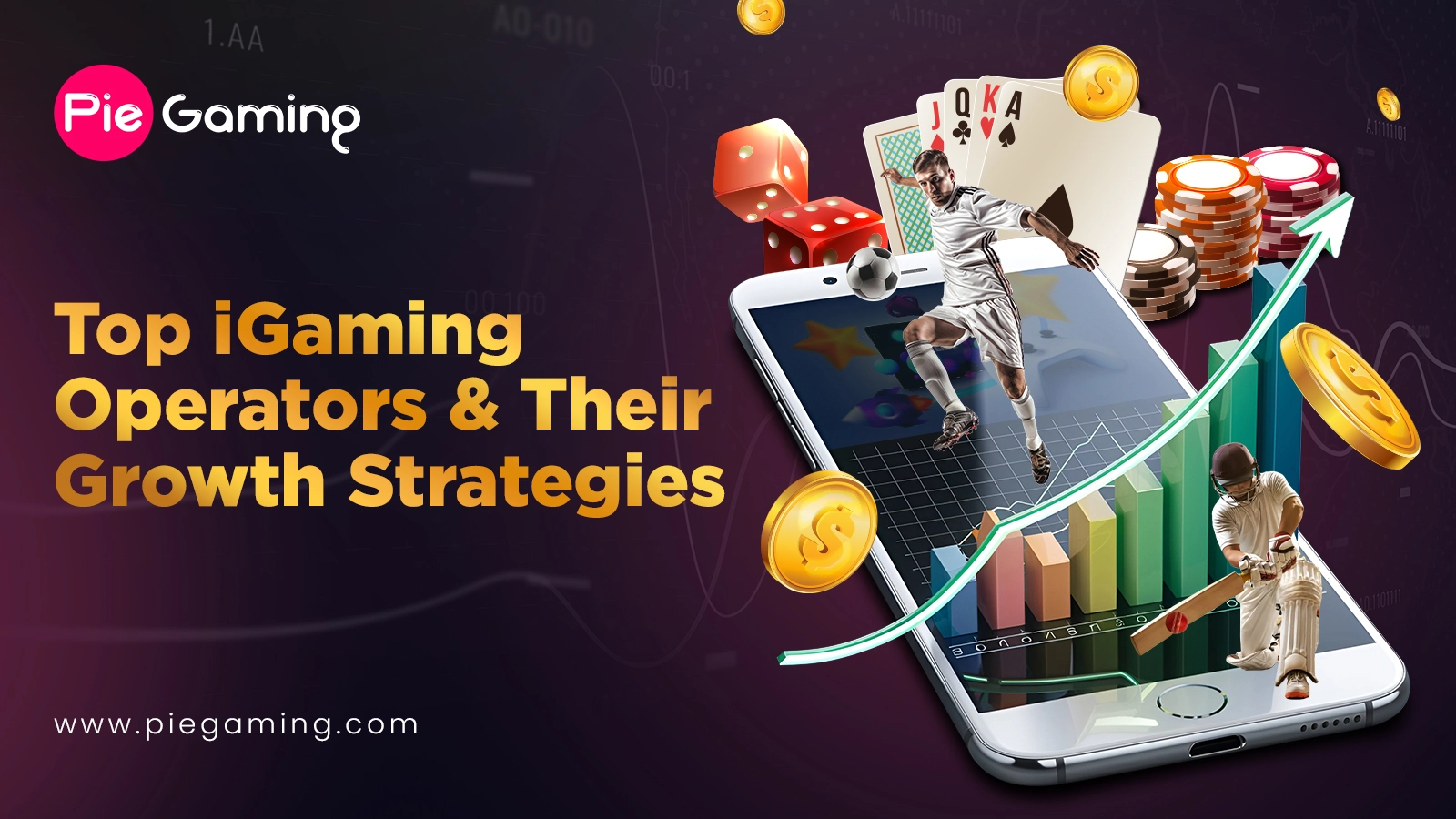 Monika Gola July 17, 2025
Monika Gola July 17, 2025Want to grow like the top iGaming operators in 2025? Learn the strategies behind industry leaders like DraftKings, Bet365, etc., to grow your platform.
-
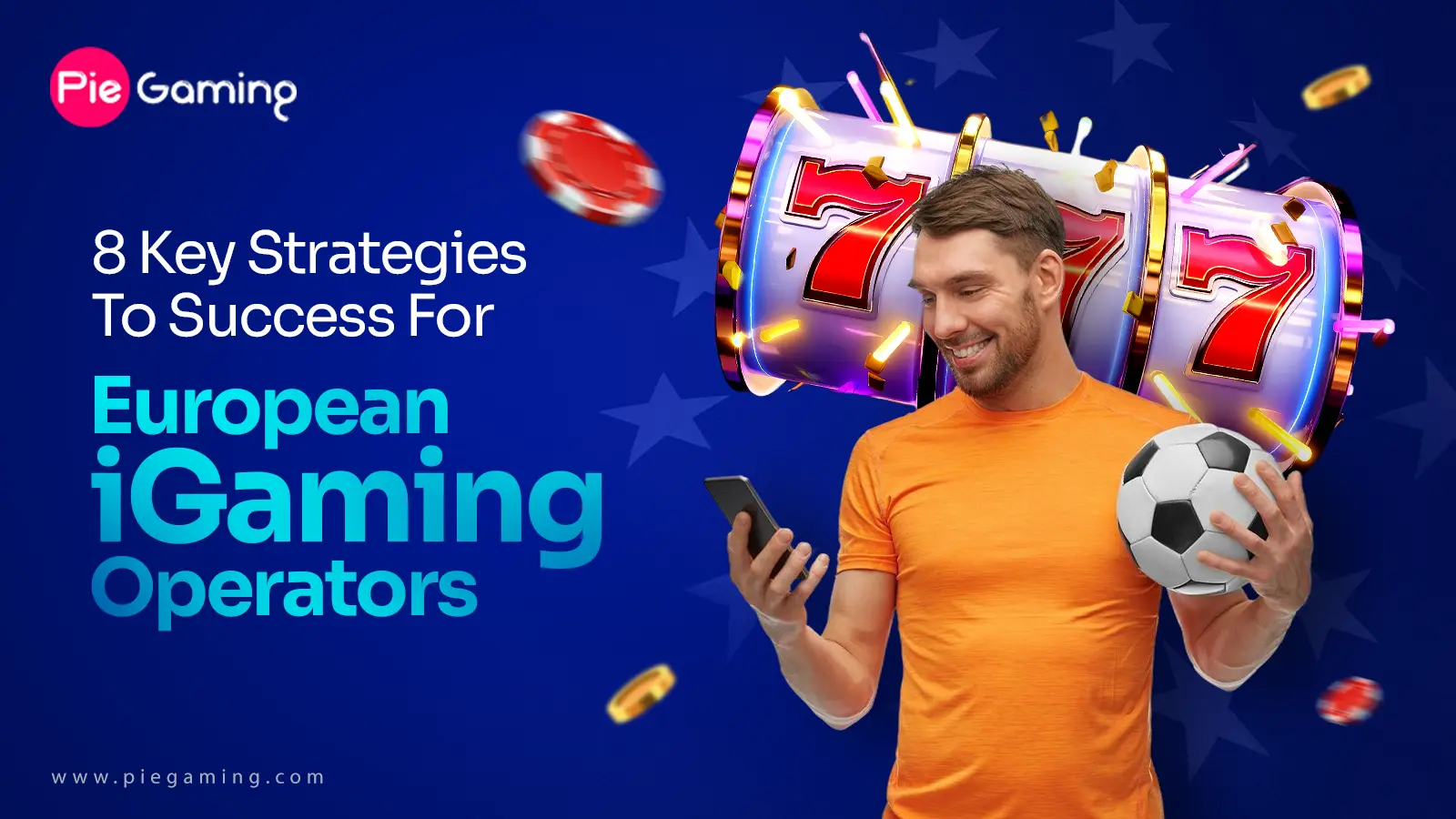 Monika Gola July 14, 2025
Monika Gola July 14, 2025This blog is a comprehensive guide on key success strategies for European iGaming Operators. Read on to build your iGaming empire in the…
-
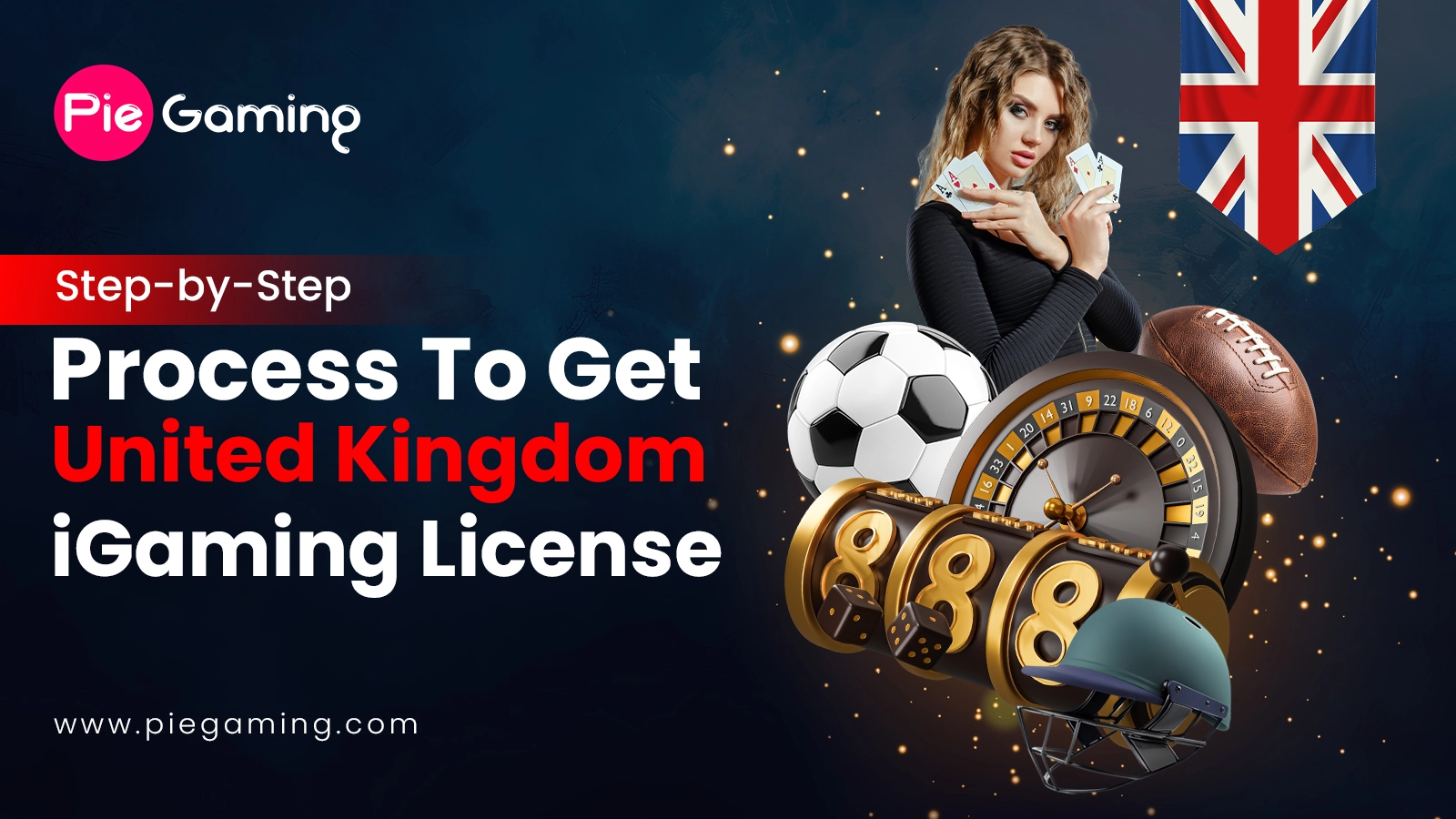 Monika Gola June 27, 2025
Monika Gola June 27, 2025If you have landed on this blog, that simply means you’re planning to enter among the most lucrative iGaming markets in the world…
-
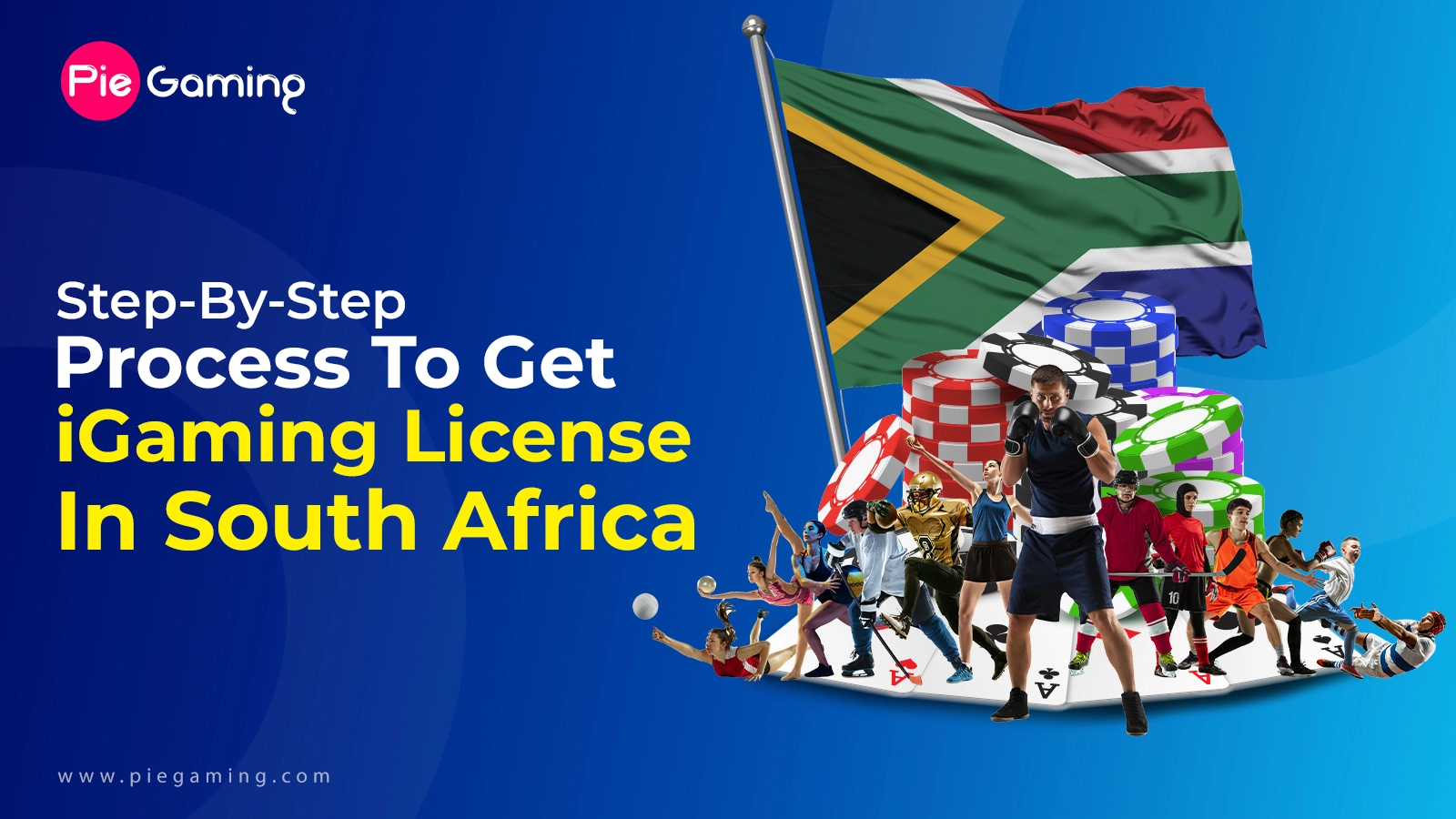 Monika Gola June 24, 2025
Monika Gola June 24, 2025In this blog, we will focus on the South Africa iGaming license, step-by-step process to obtain it, and much more. Read here to…
-
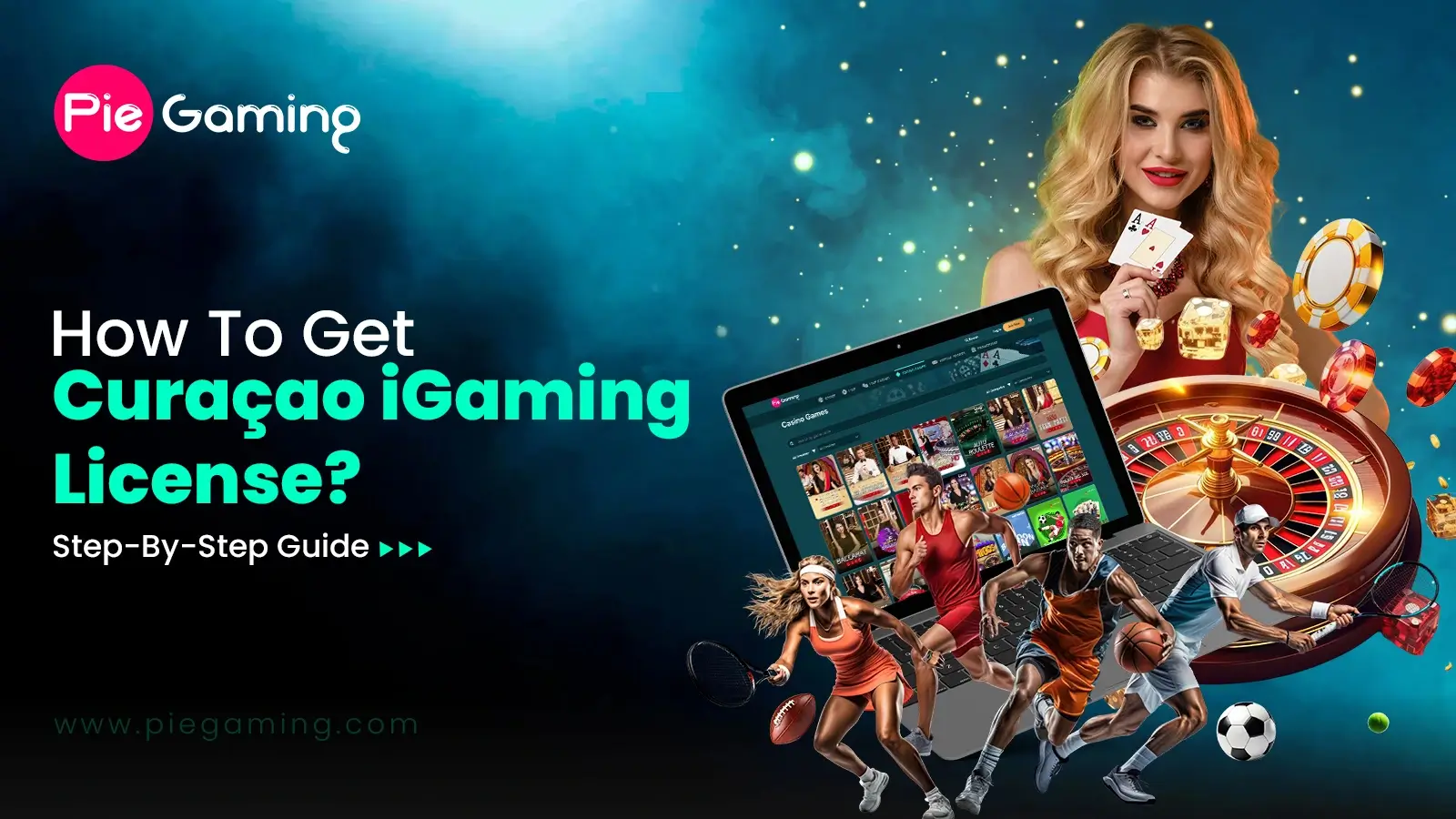 Monika Gola June 9, 2025
Monika Gola June 9, 2025The Curaçao iGaming License has been among the most preferred choices for online casino and sports betting operators. Take a closer look at…
-
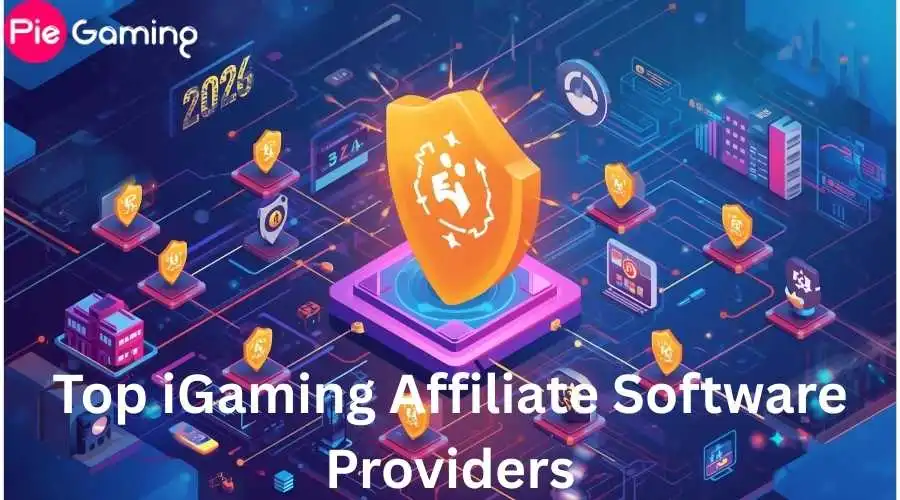 Monika Gola January 28, 2025
Monika Gola January 28, 2025Explore the best iGaming affiliate software providers. Compare platforms with features, pros & cons, and tracking models.
-
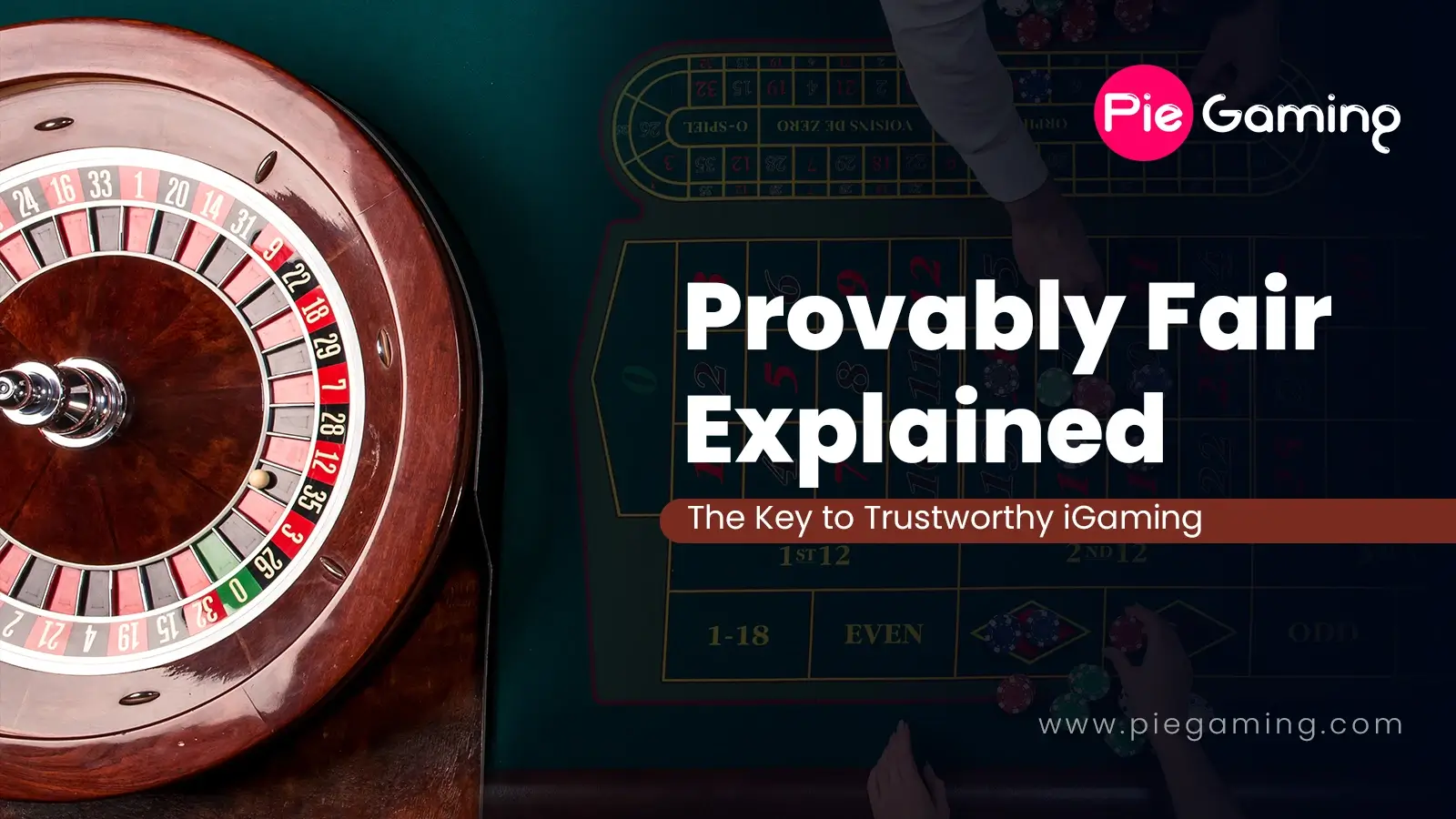 Palak Madan January 17, 2025
Palak Madan January 17, 2025Provably Fair technology makes online gaming more trustworthy by letting players check game results for fairness, ensuring transparency, and building confidence in gaming…
-
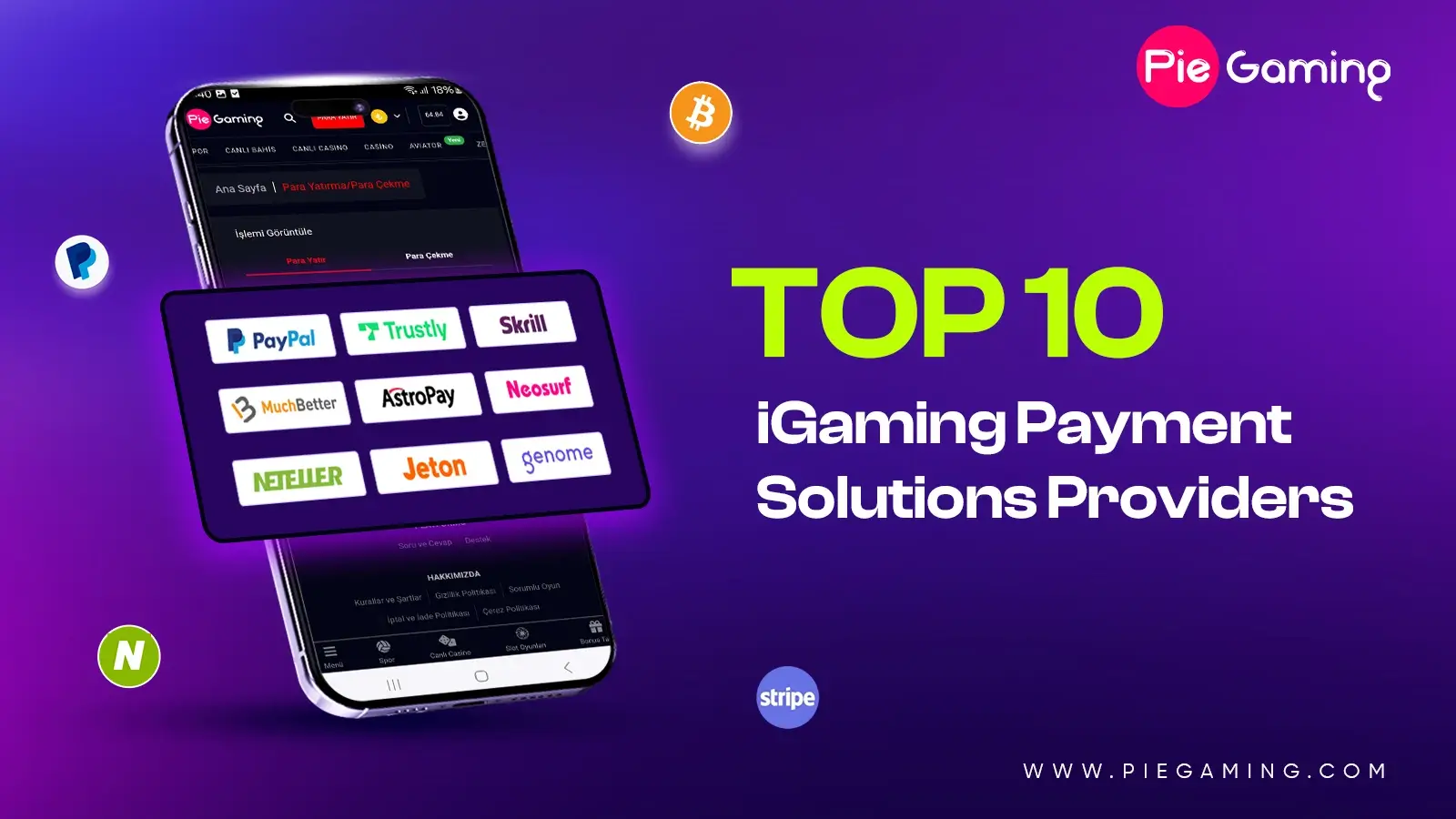 Monika Gola November 27, 2024
Monika Gola November 27, 2024This read talks about the leading iGaming Payment Solutions Providers to enhance players’ experience and ease out the transaction process globally. Excitement into…
-
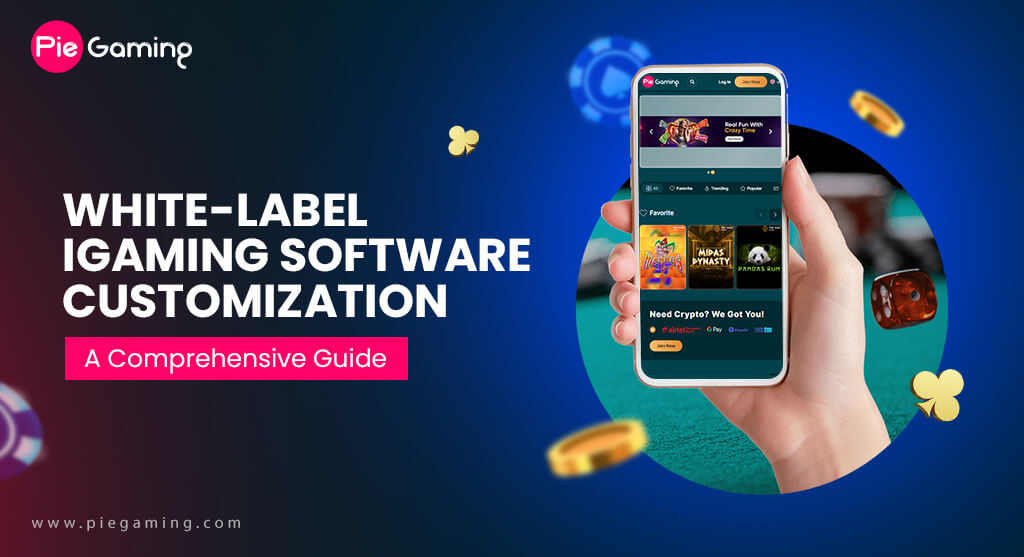 Simranjeet Kaur August 14, 2024
Simranjeet Kaur August 14, 2024White-label iGaming software provides a foundation for online betting platforms. But its true value lies in customization. These solutions offer a ready-made framework….
-
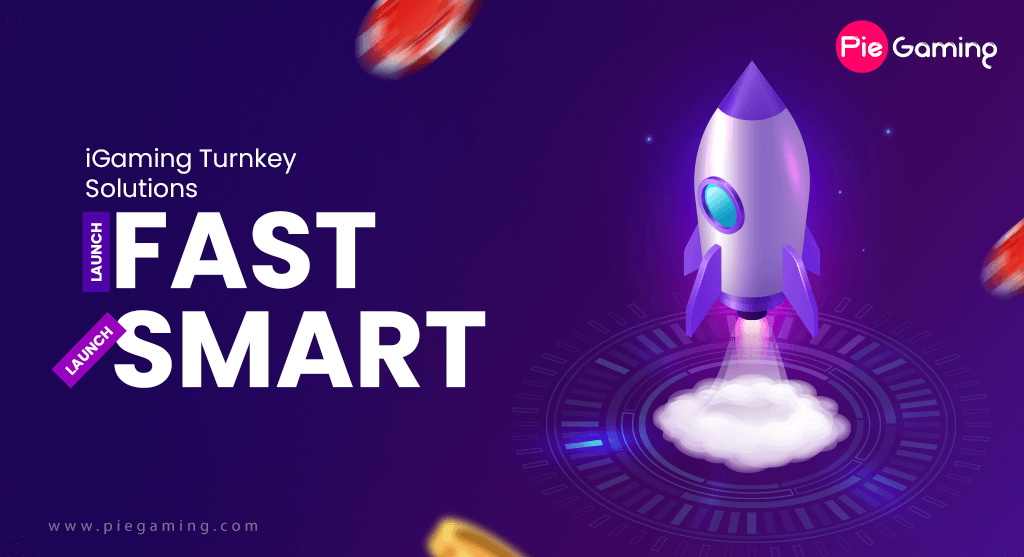 Simranjeet Kaur August 13, 2024
Simranjeet Kaur August 13, 2024The iGaming industry has grown a lot in the past decade. Now, it’s not just about tech experts or big casinos. With iGaming…
-
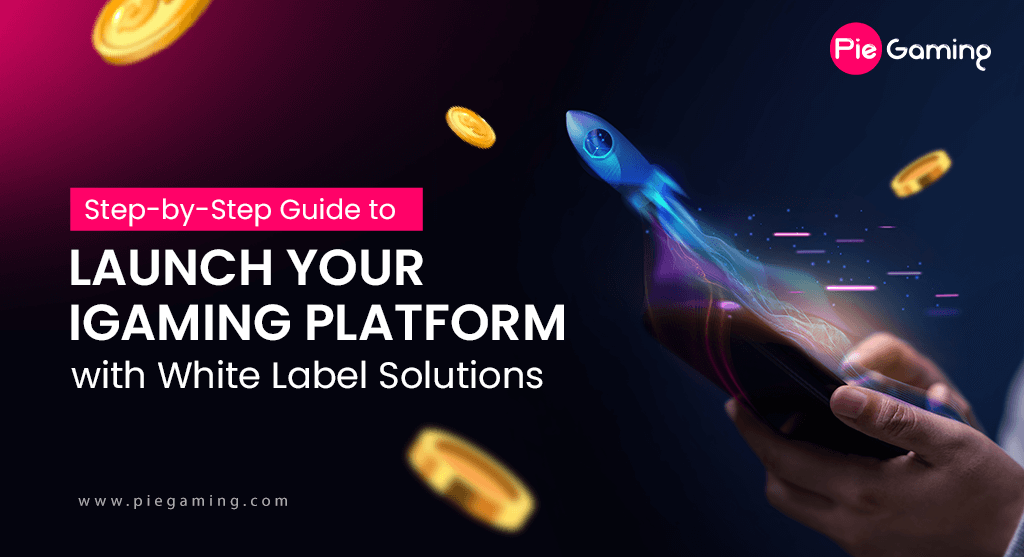 Nikita Ajmani August 7, 2024
Nikita Ajmani August 7, 2024iGaming has become one of the most profitable industry in the world today. With a growing interest in gambling and more disposable income,…
-
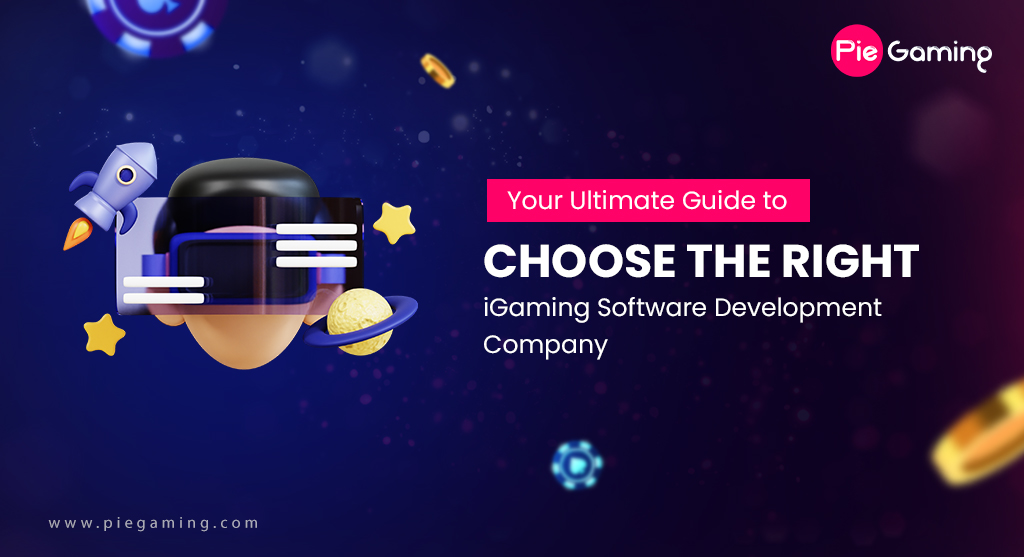 Nikita Ajmani July 24, 2024
Nikita Ajmani July 24, 2024This blog will explore the main factors to think about when choosing an iGaming software developer. It will also cover other important questions…
-
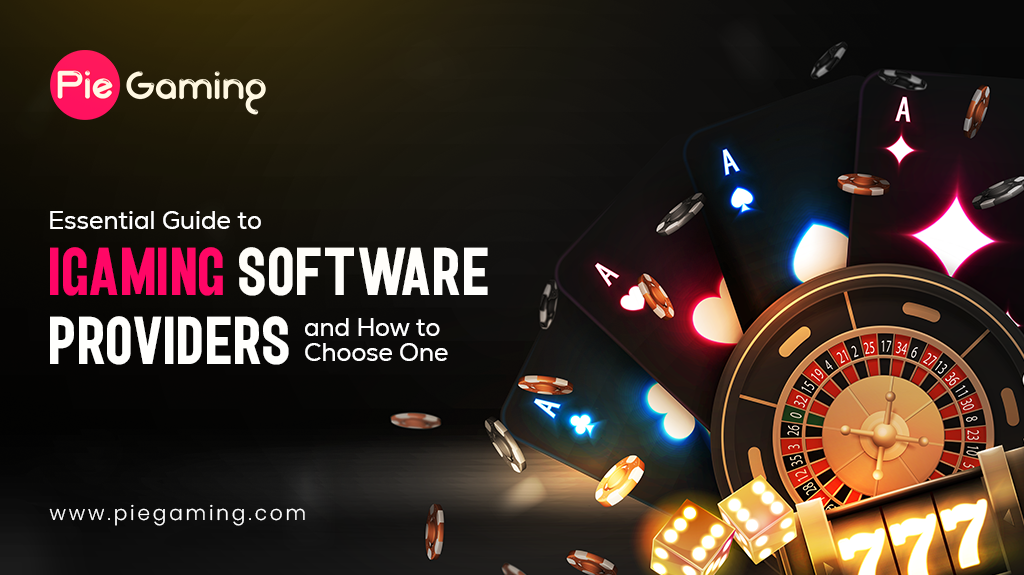 Simranjeet Kaur June 20, 2024
Simranjeet Kaur June 20, 2024Software providers in the iGaming industry play a very crucial role. We’ve prepared a guide on selecting the right one for your business. …
-
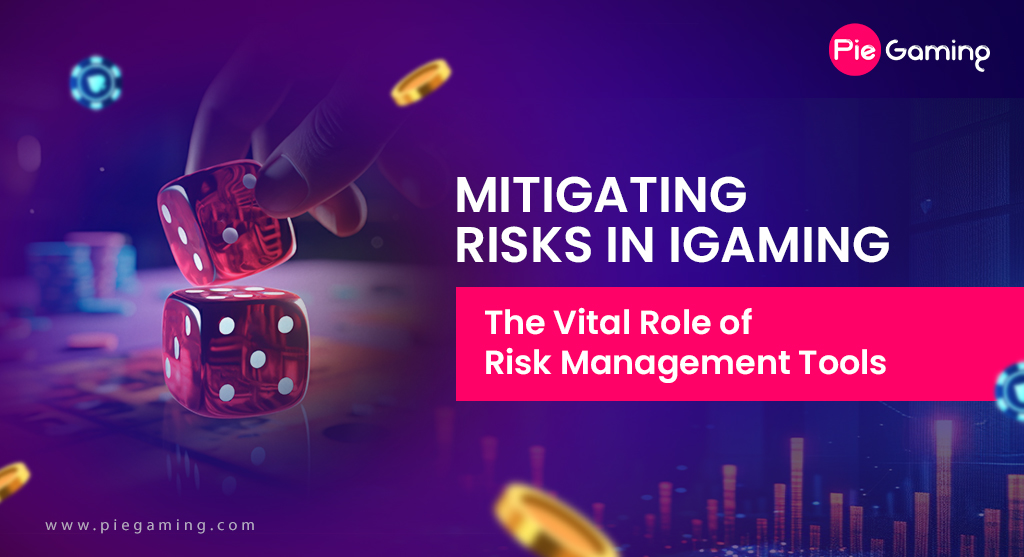 Simranjeet Kaur June 18, 2024
Simranjeet Kaur June 18, 2024Imagine a world-famous casino, having millions of people visit it daily. Everything seems to be running smoothly until one day when a cyber…
-
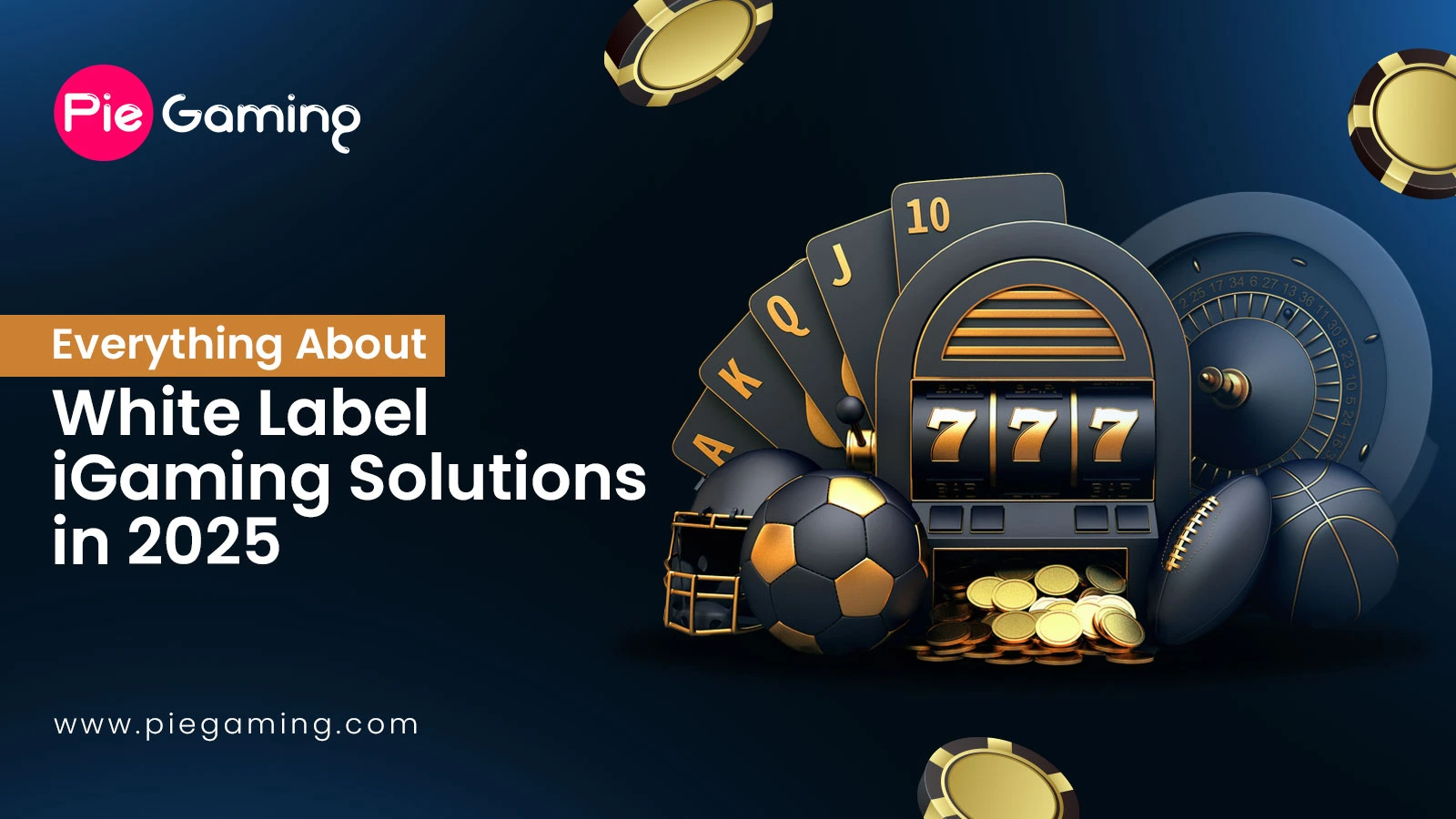 Palak Madan June 7, 2024
Palak Madan June 7, 2024White label iGaming Solutions offer ready-made, budget-friendly gambling websites. They come with AI tools, automation, and built-in legal compliance. They help you customize…
-
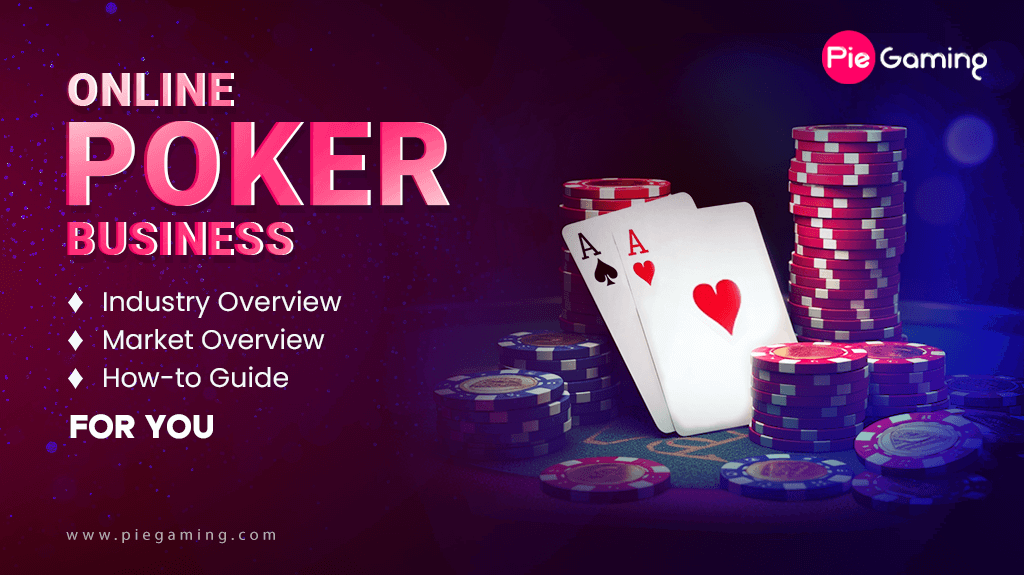 PieGaming Staff February 13, 2024
PieGaming Staff February 13, 202411 Step-by-Step guide and market insights to start a solid Online Poker Game Business today and Create a strong player base for your new business.
-
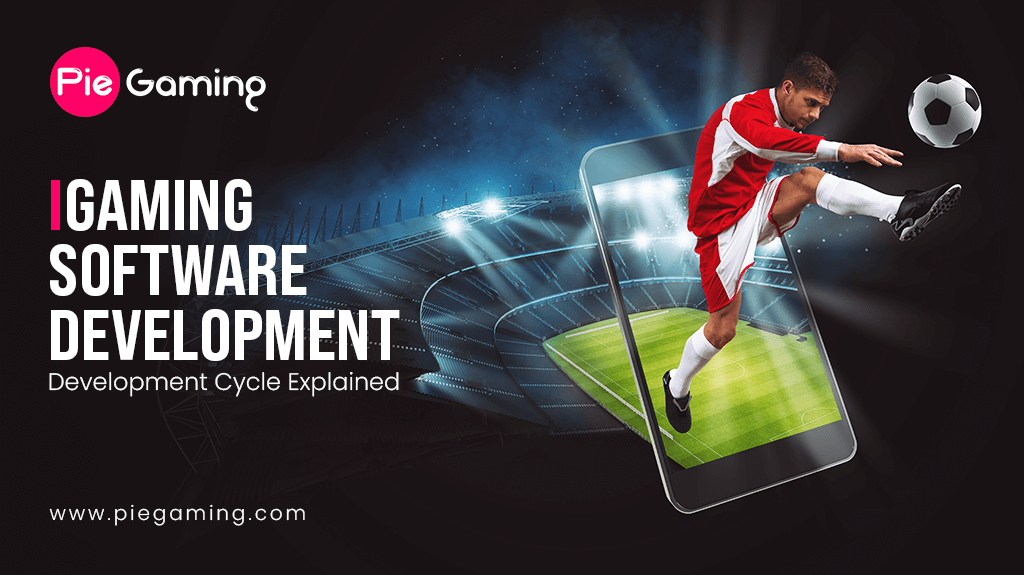 PieGaming Staff January 19, 2024
PieGaming Staff January 19, 2024The Software Development Life Cycle (SDLC) process is followed to develop and maintain software. In SDLC, how an iGaming software will function is determined.
-
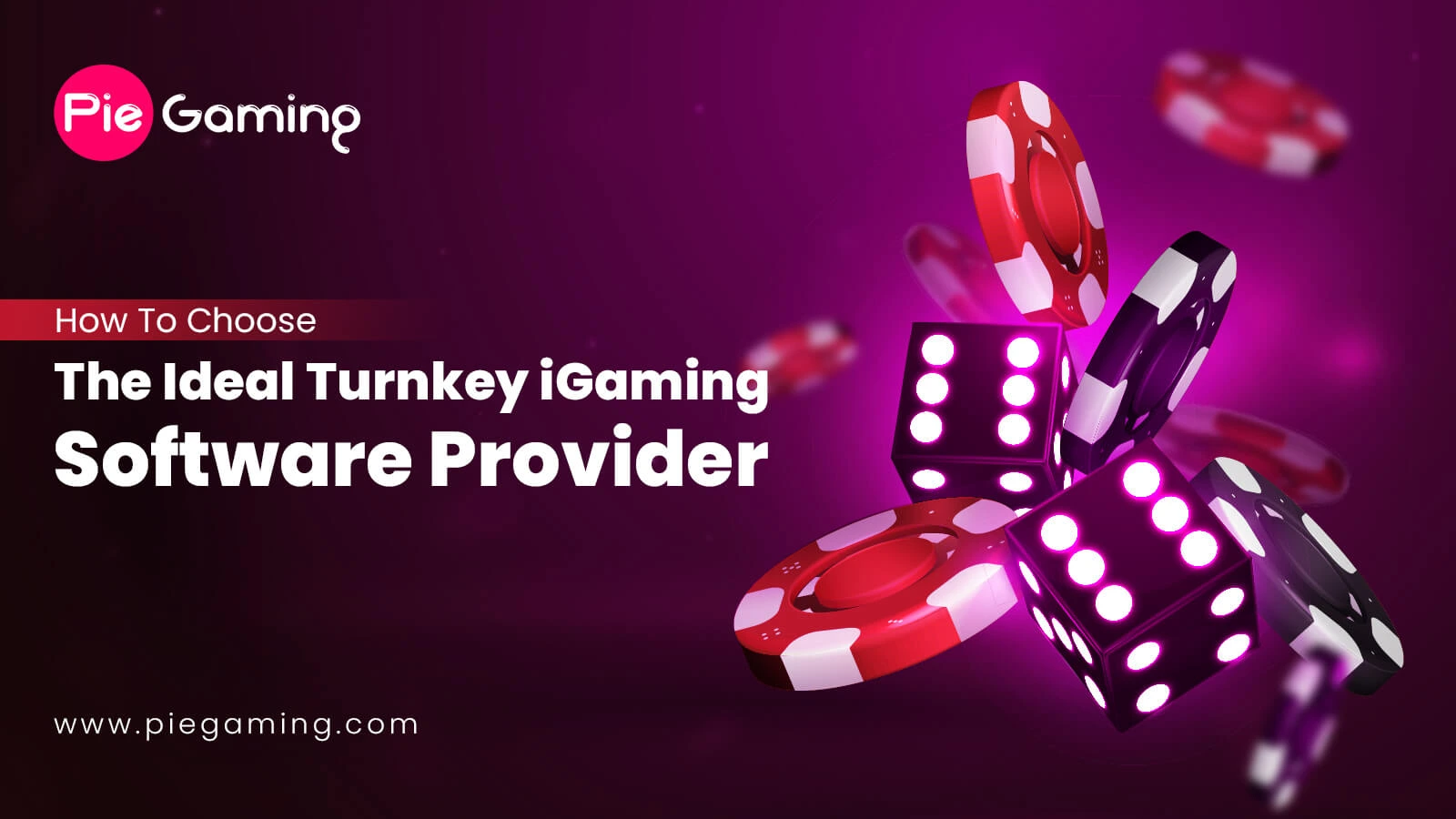 Palak Madan January 18, 2024
Palak Madan January 18, 2024Steps to find the right turnkey iGaming software provider for your iGaming business. One who can help your business achieve a thriving business within weeks.
-
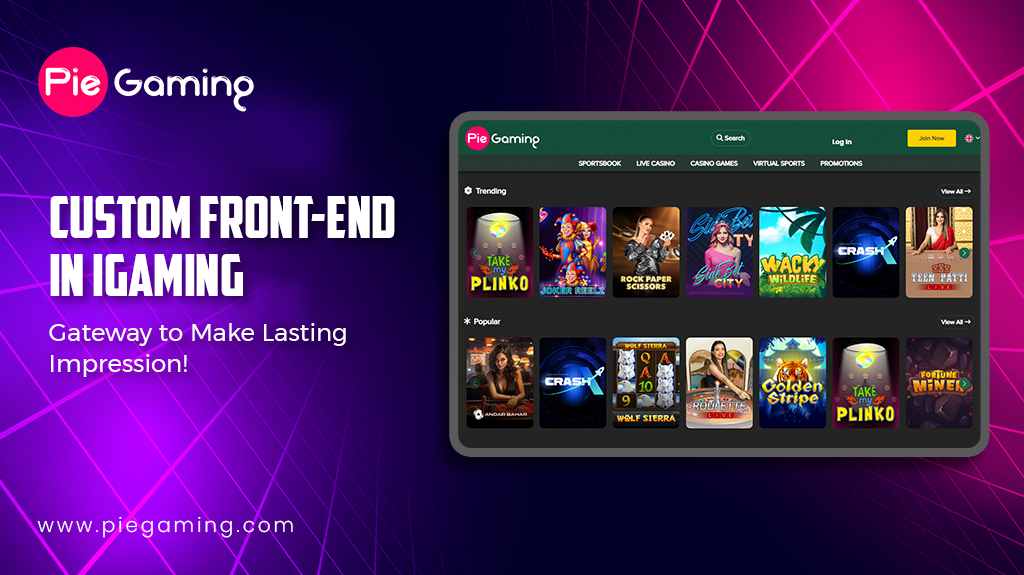 PieGaming Staff December 22, 2023
PieGaming Staff December 22, 2023Discover how the custom front end improves the user experience to aid player acquisition & retention. Read do’s & don’t’s of great visual front-end.
-
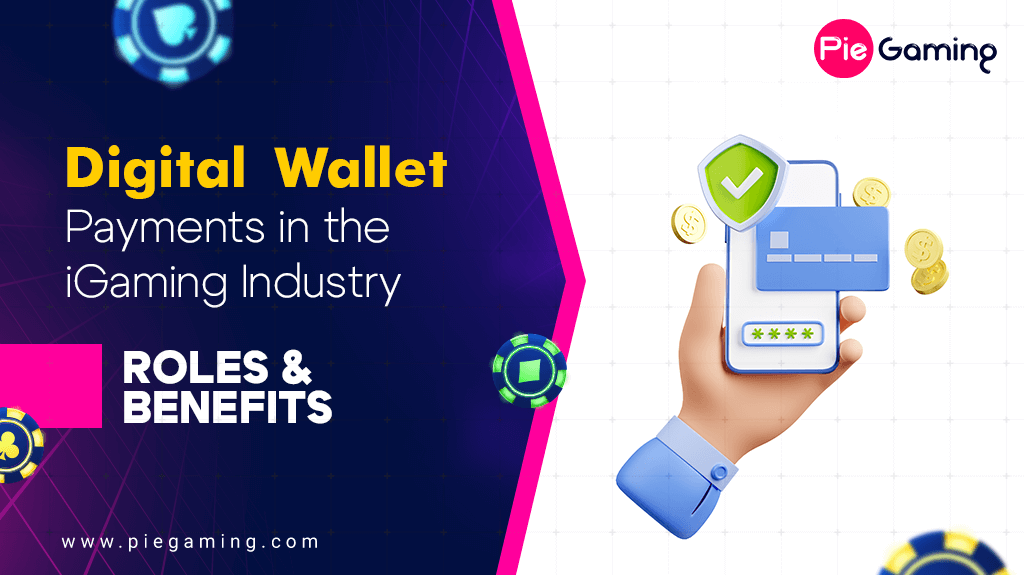 Piegaming Admin December 20, 2023
Piegaming Admin December 20, 2023Discover how digital wallet payments in iGaming help ensure speedy, safe, and accurate transactions. Know which types of digital wallets are worth adding.
-
 Monika Gola December 19, 2023
Monika Gola December 19, 2023To get an online gaming license, you need to establish a legal entity where you want to operate, followed by legal procedures. Read here.
-
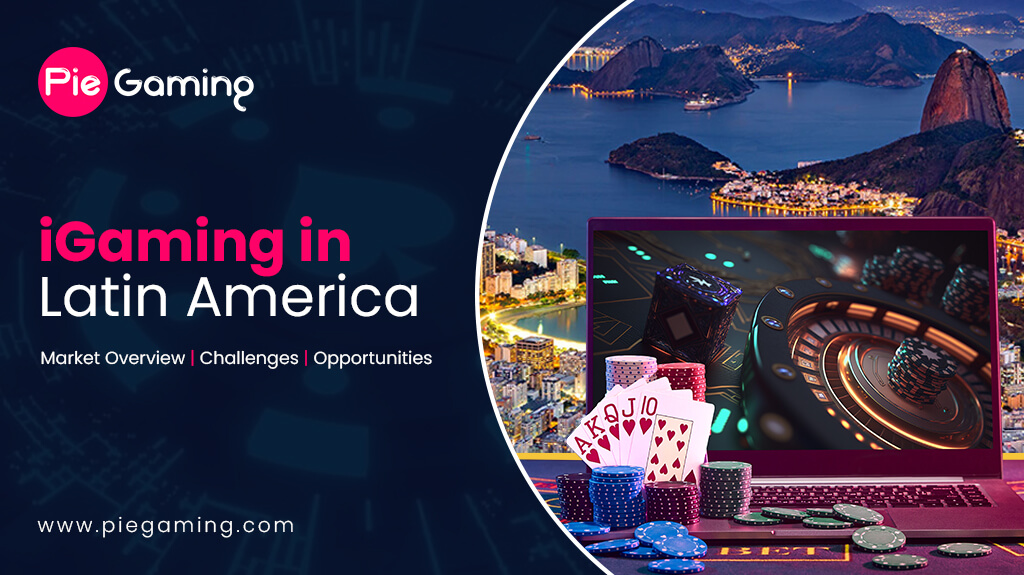 PieGaming Staff December 13, 2023
PieGaming Staff December 13, 2023Latin America is a brewing market for iGaming Industry. In this blog discover some lucrative trends, challenges and future opportunities Latin America holds.
-
 Monika Gola December 12, 2023
Monika Gola December 12, 2023Artificial Intelligence has truly transformed the gaming industry by enhancing gamеplay еxpеriеncеs, personalisation and predictive designing. Read for more.
-
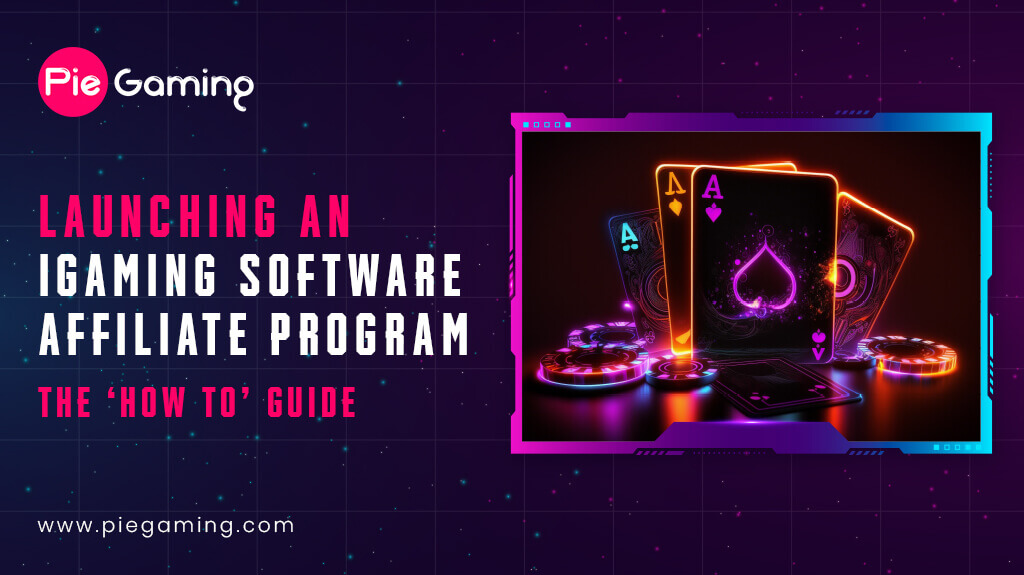 PieGaming Staff December 10, 2023
PieGaming Staff December 10, 2023If you understand the pulse of the iGaming industry, you already know how important it is to run affiliate marketing programs for your…
-
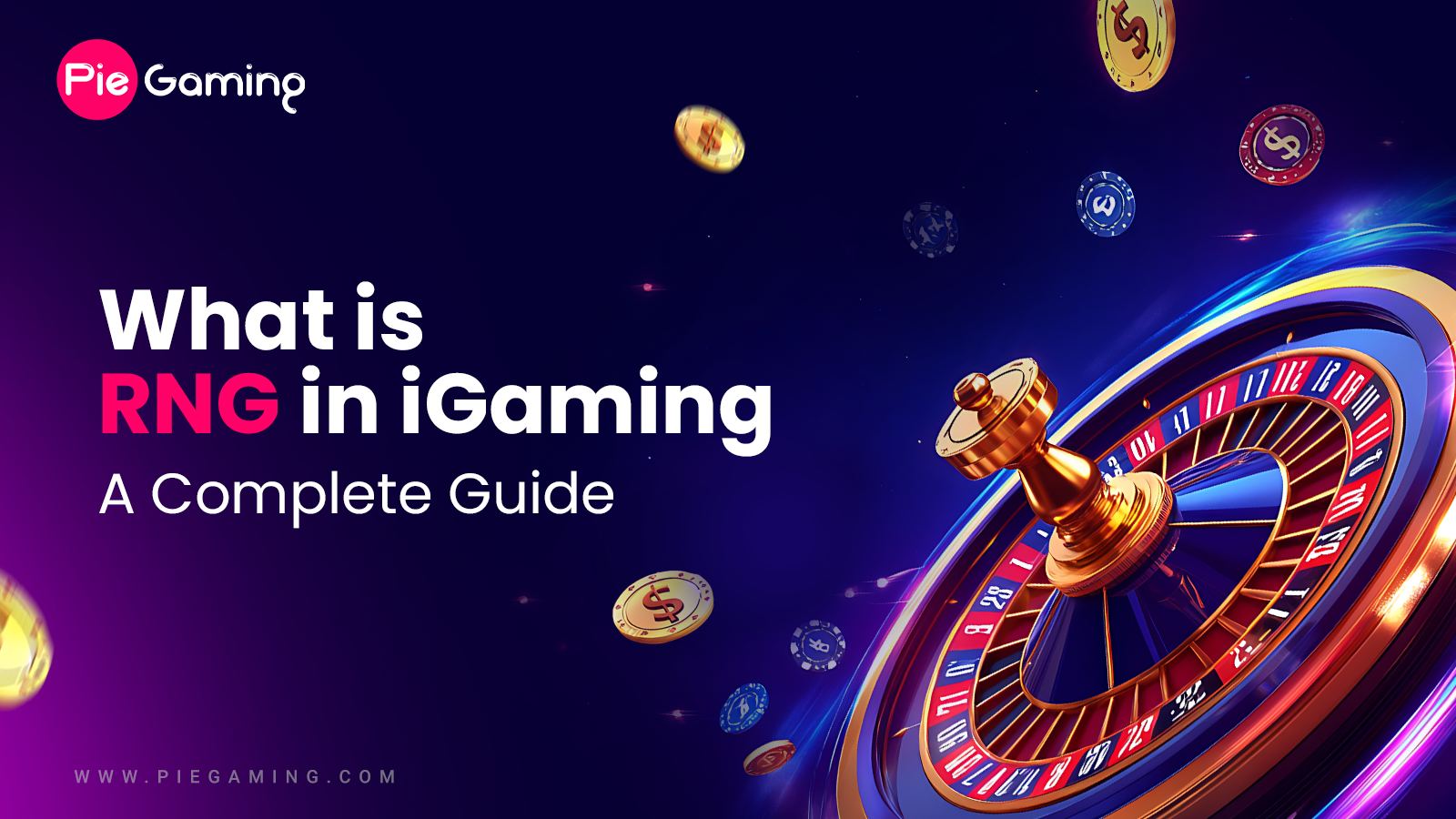 Palak Madan November 1, 2023
Palak Madan November 1, 2023RNG in iGaming is a software that creates random results in online casino games. It produces a new, unpredictable outcome each time a…
-
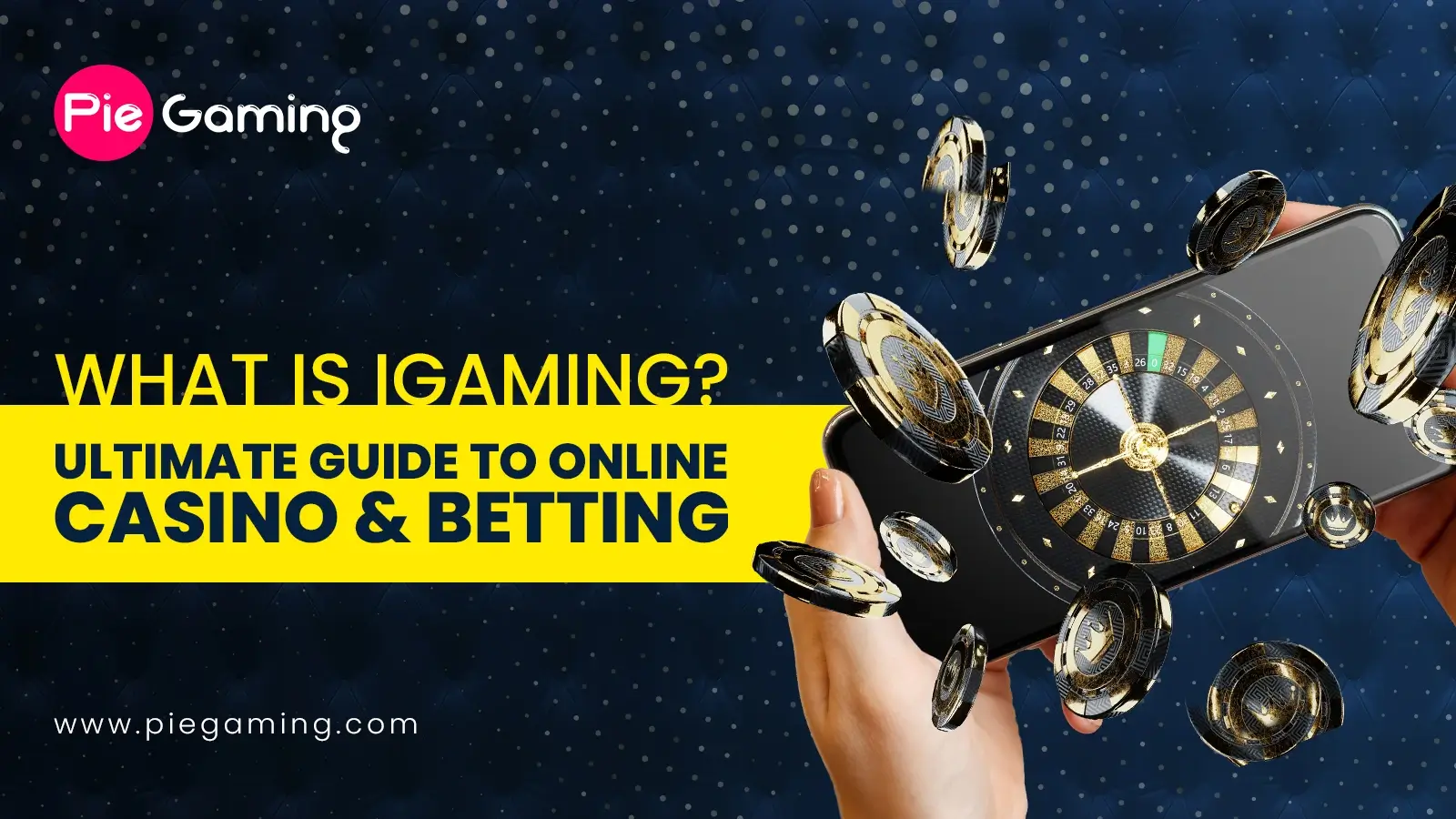 Palak Madan October 30, 2023
Palak Madan October 30, 2023This guide covers everything you need to know about what is iGaming, including online sports betting and casino market insights, history, popular games,…
Voila!
See you in your inbox soon!

Stay ahead of the game. Subscribe for exclusive content, updates, and insiders!
We use cookies to enhance and personalize your browsing experience. By continuing to use our website, you agree to our Privacy Policy.


